Shows
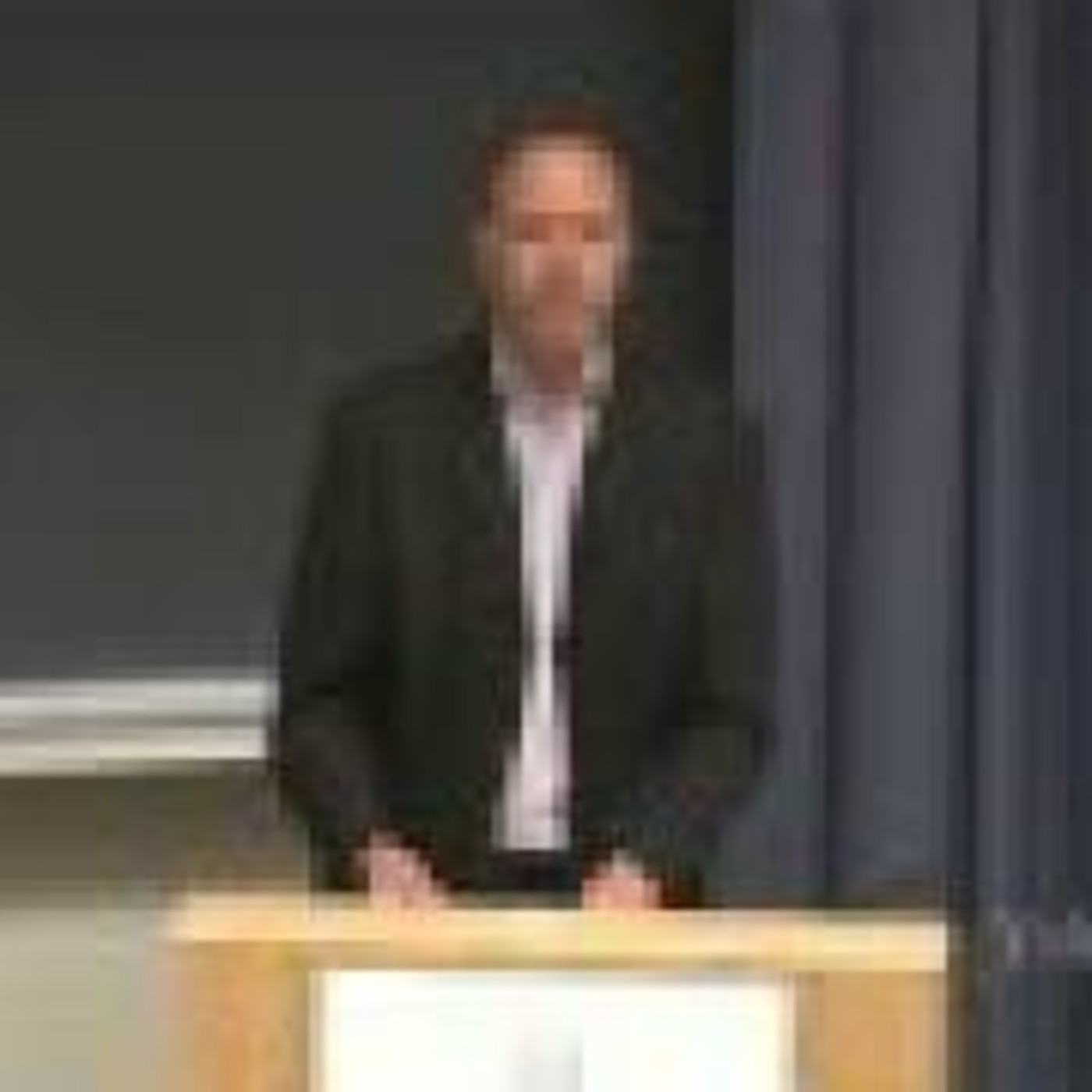 Heliocast Political Philosophy PLSC114A11 New Modes and Orders- Machiavelli's The Prince (chaps. 13-26)Subido el 21 sept. 2008
Introduction to Political Philosophy (PLSC 114)
The discussion of Machiavelli's politics continues in the context of his most famous work, The Prince. A reformer of the moral Christian and classical concepts of goodness and evil, Machiavelli proposes his own definitions of virtue and vice, replacing the vocabulary associated with Plato and the biblical sources. He relates virtue, or virtu, to manliness, force, ambition and the desire to achieve success at all costs. Fortune, or fortuna, is a woman, that must be conquered through policies of force, brutality, and audacity. The problem of "dirty hands" in political and philosophical...2017-01-3043 min
Heliocast Political Philosophy PLSC114A11 New Modes and Orders- Machiavelli's The Prince (chaps. 13-26)Subido el 21 sept. 2008
Introduction to Political Philosophy (PLSC 114)
The discussion of Machiavelli's politics continues in the context of his most famous work, The Prince. A reformer of the moral Christian and classical concepts of goodness and evil, Machiavelli proposes his own definitions of virtue and vice, replacing the vocabulary associated with Plato and the biblical sources. He relates virtue, or virtu, to manliness, force, ambition and the desire to achieve success at all costs. Fortune, or fortuna, is a woman, that must be conquered through policies of force, brutality, and audacity. The problem of "dirty hands" in political and philosophical...2017-01-3043 min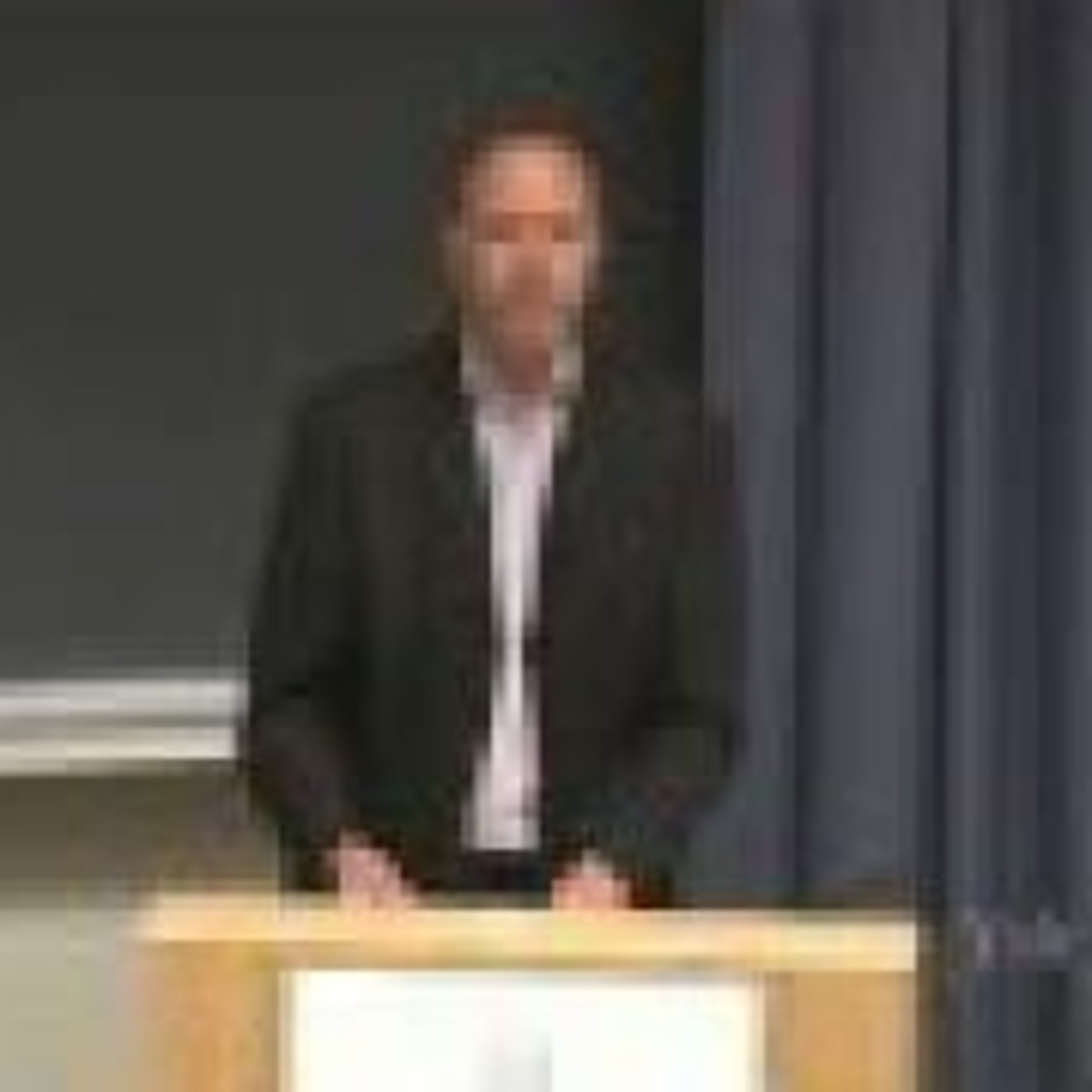 Heliocast Political Philosophy PLSC114A10 New Modes and Orders- Machiavelli's The Prince (chaps. 1-12)Introduction to Political Philosophy (PLSC 114)
The lecture begins with an introduction of Machiavelli's life and the political scene in Renaissance Florence. Professor Smith asserts that Machiavelli can be credited as the founder of the modern state, having reconfigured elements from both the Christian empire and the Roman republic, creating therefore a new form of political organization that is distinctly his own. Machiavelli's state has universalist ambitions, just like its predecessors, but it has been liberated from Christian and classical conceptions of virtue. The management of affairs is left to the princes, a new kind of political leaders, endowed with ambition...2017-01-3037 min
Heliocast Political Philosophy PLSC114A10 New Modes and Orders- Machiavelli's The Prince (chaps. 1-12)Introduction to Political Philosophy (PLSC 114)
The lecture begins with an introduction of Machiavelli's life and the political scene in Renaissance Florence. Professor Smith asserts that Machiavelli can be credited as the founder of the modern state, having reconfigured elements from both the Christian empire and the Roman republic, creating therefore a new form of political organization that is distinctly his own. Machiavelli's state has universalist ambitions, just like its predecessors, but it has been liberated from Christian and classical conceptions of virtue. The management of affairs is left to the princes, a new kind of political leaders, endowed with ambition...2017-01-3037 min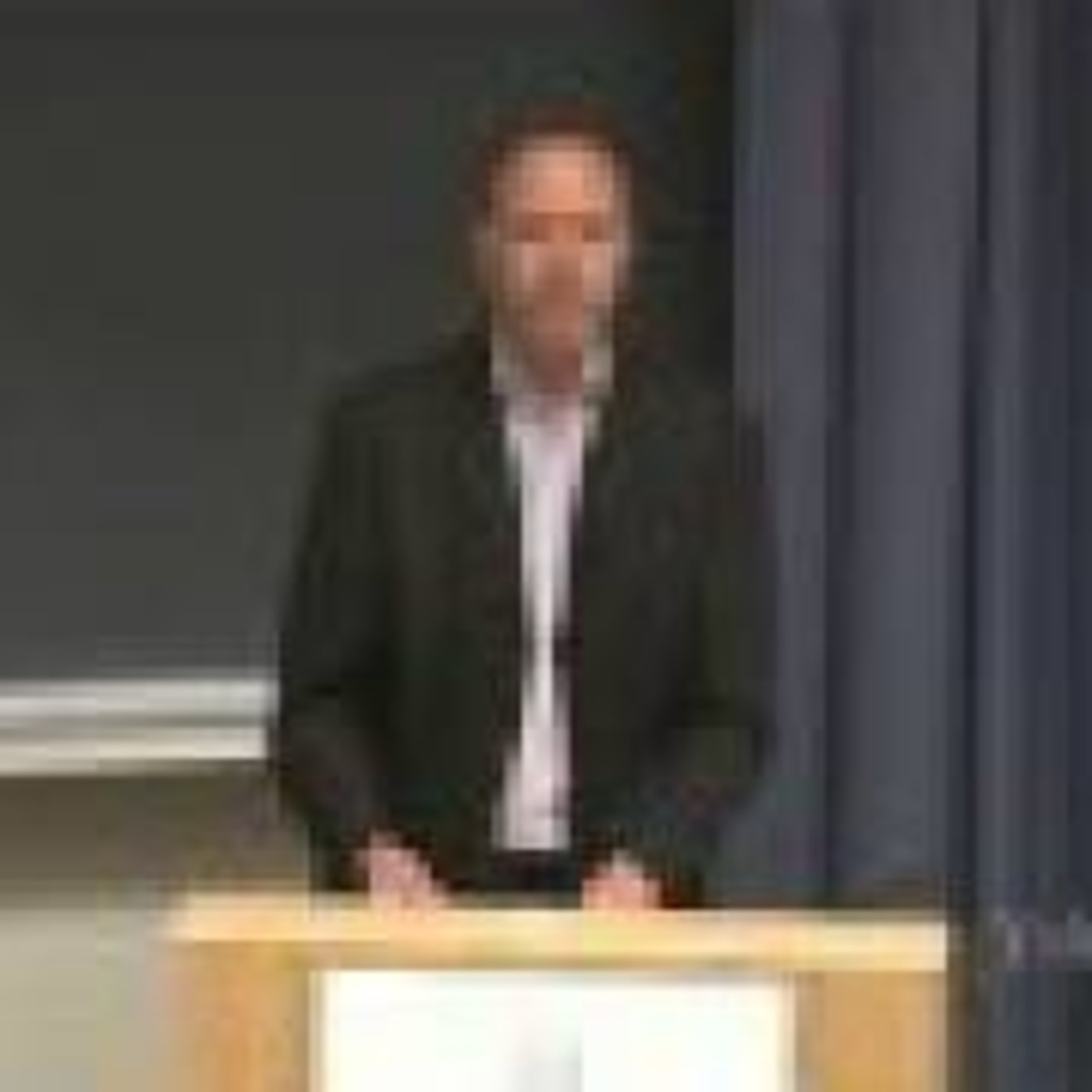 Heliocast Political Philosophy PLSC114A09 The Mixed Regime and the Rule of Law- Aristotle's Politics, VIIIntroduction to Political Philosophy (PLSC 114)
This final lecture on Aristotle focuses on controlling conflict between factions. Polity as a mixture of the principles of oligarchy and democracy, is the regime that, according to Aristotle, can most successfully control factions and avoid dominance by either extreme. Professor Smith asserts that the idea of the polity anticipates Madison's call for a government in which powers are separated and kept in check and balance, avoiding therefore the extremes of both tyranny and civil war.
00:00 - Chapter 1. Polity: The Regime that Most Successfully Controls for Faction
07:30 - Chapter 2. The Importance of Property and Commerce...2017-01-2946 min
Heliocast Political Philosophy PLSC114A09 The Mixed Regime and the Rule of Law- Aristotle's Politics, VIIIntroduction to Political Philosophy (PLSC 114)
This final lecture on Aristotle focuses on controlling conflict between factions. Polity as a mixture of the principles of oligarchy and democracy, is the regime that, according to Aristotle, can most successfully control factions and avoid dominance by either extreme. Professor Smith asserts that the idea of the polity anticipates Madison's call for a government in which powers are separated and kept in check and balance, avoiding therefore the extremes of both tyranny and civil war.
00:00 - Chapter 1. Polity: The Regime that Most Successfully Controls for Faction
07:30 - Chapter 2. The Importance of Property and Commerce...2017-01-2946 min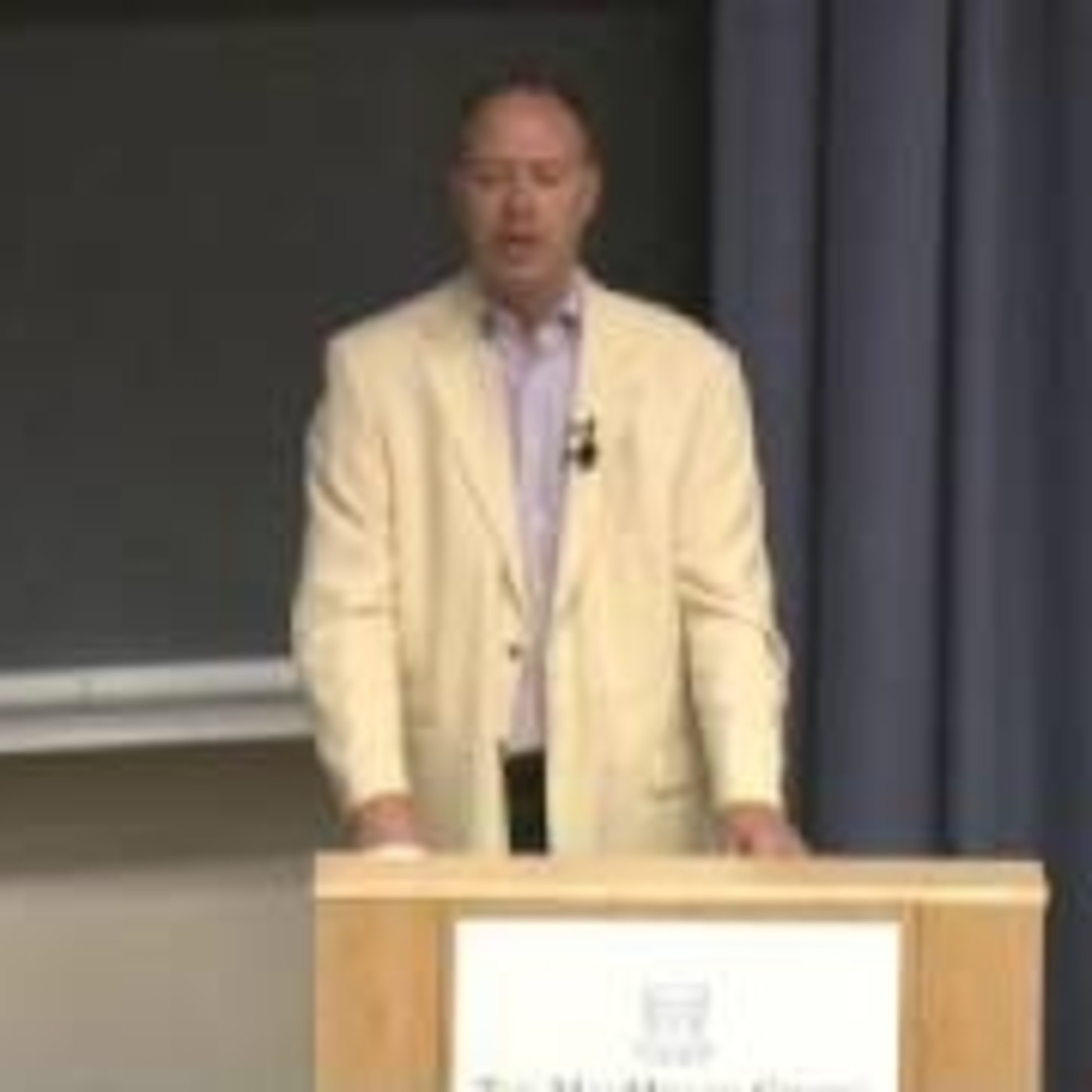 Heliocast Political Philosophy PLSC114A08 The Mixed Regime and the Rule of Law- Aristotle's Politics, IVIntroduction to Political Philosophy (PLSC 114)
The lecture discusses Aristotle's comparative politics with a special emphasis on the idea of the regime, as expressed in books III through VI in Politics. A regime, in the context of this major work, refers to both the formal enumeration of rights and duties within a community as well as to the distinctive customs, manners, moral dispositions and sentiments of that community. Aristotle asserts that it is precisely the regime that gives a people and a city their identity.
00:00 - Chapter 1. Introduction: Aristotle's Comparative Politics and the Idea of the Regime
01:45 - Chapter 2. What Is...2016-12-3147 min
Heliocast Political Philosophy PLSC114A08 The Mixed Regime and the Rule of Law- Aristotle's Politics, IVIntroduction to Political Philosophy (PLSC 114)
The lecture discusses Aristotle's comparative politics with a special emphasis on the idea of the regime, as expressed in books III through VI in Politics. A regime, in the context of this major work, refers to both the formal enumeration of rights and duties within a community as well as to the distinctive customs, manners, moral dispositions and sentiments of that community. Aristotle asserts that it is precisely the regime that gives a people and a city their identity.
00:00 - Chapter 1. Introduction: Aristotle's Comparative Politics and the Idea of the Regime
01:45 - Chapter 2. What Is...2016-12-3147 min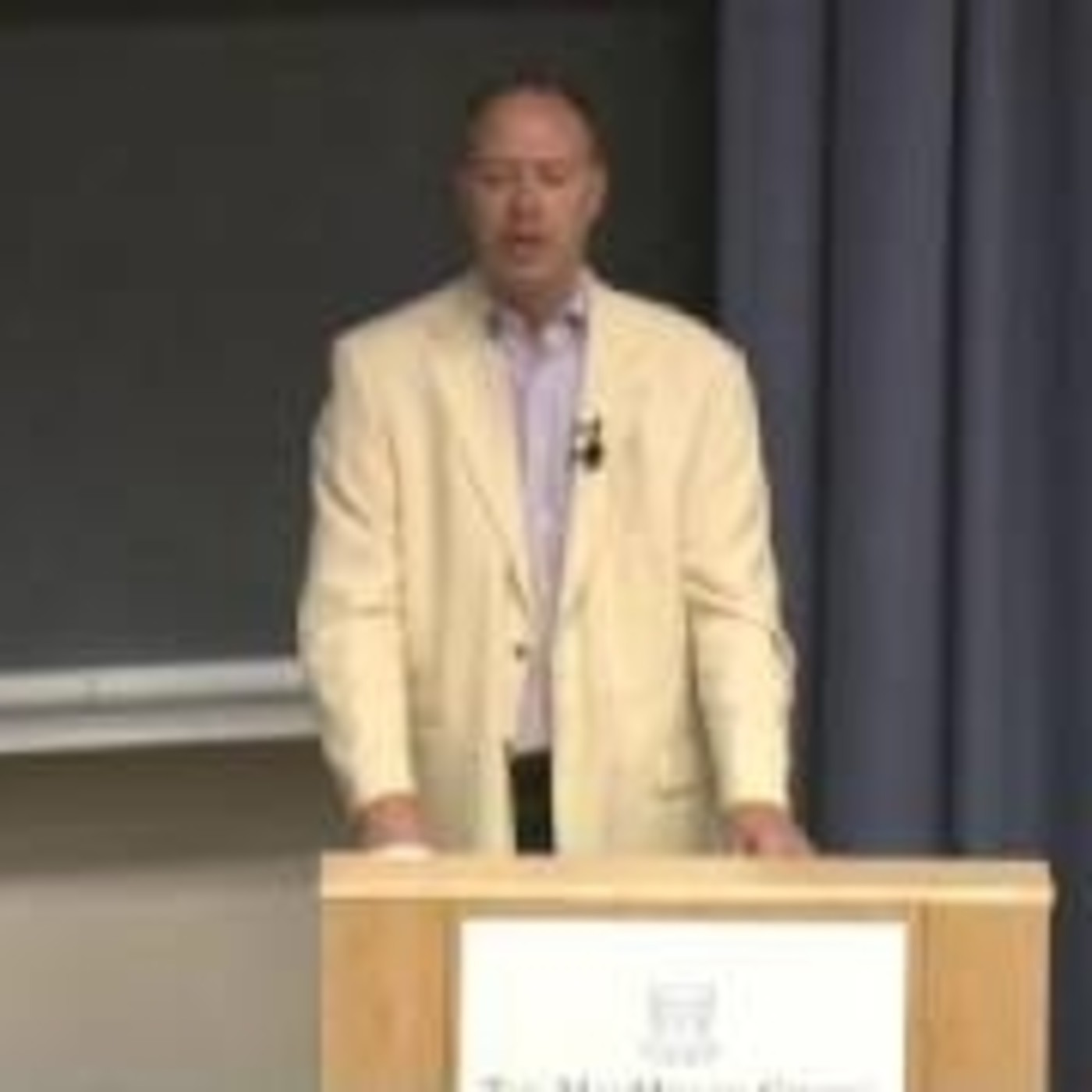 Heliocast Political Philosophy PLSC114A07 The Mixed Regime and the Rule of Law- Aristotle's Politics, I, IIIIntroduction to Political Philosophy (PLSC 114)
The lecture begins with an introduction of Aristotle's life and works which constitute thematic treatises on virtually every topic, from biology to ethics to politics. Emphasis is placed on the Politics, in which Aristotle expounds his view on the naturalness of the city and his claim that man is a political animal by nature.
00:00 - Chapter 1. Aristotle: Plato's Adopted Son
12:45 - Chapter 2. Man Is, by Nature, the Political Animal
30:15 - Chapter 3. The Naturalness of Slavery
Complete course materials are available at the Open Yale Courses website: http://open.yale.edu/courses
This course was recorded...2016-12-3143 min
Heliocast Political Philosophy PLSC114A07 The Mixed Regime and the Rule of Law- Aristotle's Politics, I, IIIIntroduction to Political Philosophy (PLSC 114)
The lecture begins with an introduction of Aristotle's life and works which constitute thematic treatises on virtually every topic, from biology to ethics to politics. Emphasis is placed on the Politics, in which Aristotle expounds his view on the naturalness of the city and his claim that man is a political animal by nature.
00:00 - Chapter 1. Aristotle: Plato's Adopted Son
12:45 - Chapter 2. Man Is, by Nature, the Political Animal
30:15 - Chapter 3. The Naturalness of Slavery
Complete course materials are available at the Open Yale Courses website: http://open.yale.edu/courses
This course was recorded...2016-12-3143 min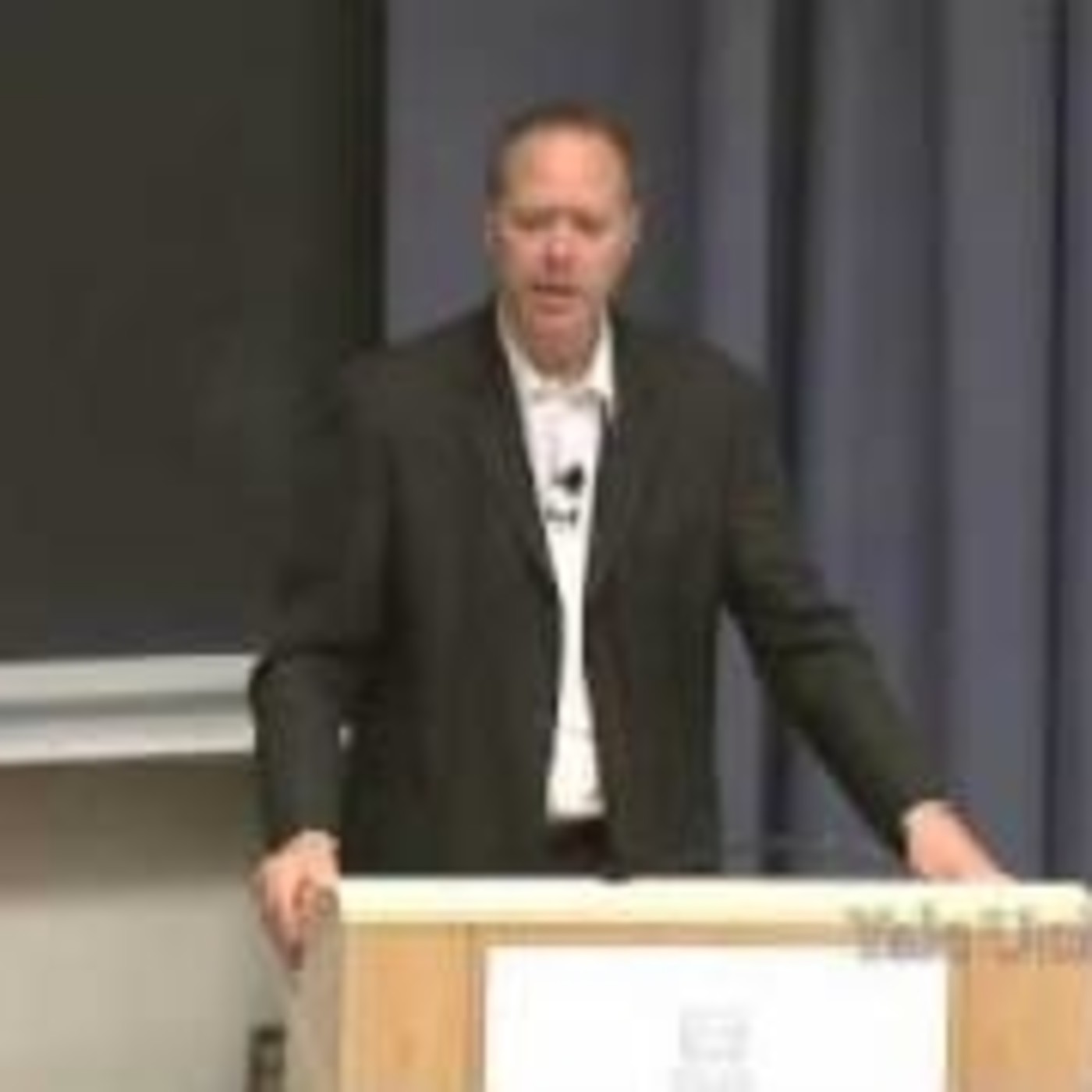 Heliocast Political Philosophy PLSC114A04 Philosophers and Kings- Plato's Republic, I-IIIntroduction to Political Philosophy (PLSC 114)
Lecture 4 introduces Plato's Republic and its many meanings in the context of moral psychology, justice, the power of poetry and myth, and metaphysics. The Republic is also discussed as a utopia, presenting an extreme vision of a polis--Kallipolis--Plato's ideal city.
00:00 - Chapter 1. Introduction
03:04 - Chapter 2. What Is Plato's "Republic" About?
17:38 - Chapter 3. I Went Down to the Piraeus
22:05 - Chapter 4. The Seventh Letter
30:00 - Chapter 5. Analyzing the Beginning of "Republic" and the Hierarchy of Characters
38:13 - Chapter 6. Cephalus
Complete course materials are available at the Open Yale Courses website: http://open.yale.edu/courses
This...2016-12-1847 min
Heliocast Political Philosophy PLSC114A04 Philosophers and Kings- Plato's Republic, I-IIIntroduction to Political Philosophy (PLSC 114)
Lecture 4 introduces Plato's Republic and its many meanings in the context of moral psychology, justice, the power of poetry and myth, and metaphysics. The Republic is also discussed as a utopia, presenting an extreme vision of a polis--Kallipolis--Plato's ideal city.
00:00 - Chapter 1. Introduction
03:04 - Chapter 2. What Is Plato's "Republic" About?
17:38 - Chapter 3. I Went Down to the Piraeus
22:05 - Chapter 4. The Seventh Letter
30:00 - Chapter 5. Analyzing the Beginning of "Republic" and the Hierarchy of Characters
38:13 - Chapter 6. Cephalus
Complete course materials are available at the Open Yale Courses website: http://open.yale.edu/courses
This...2016-12-1847 min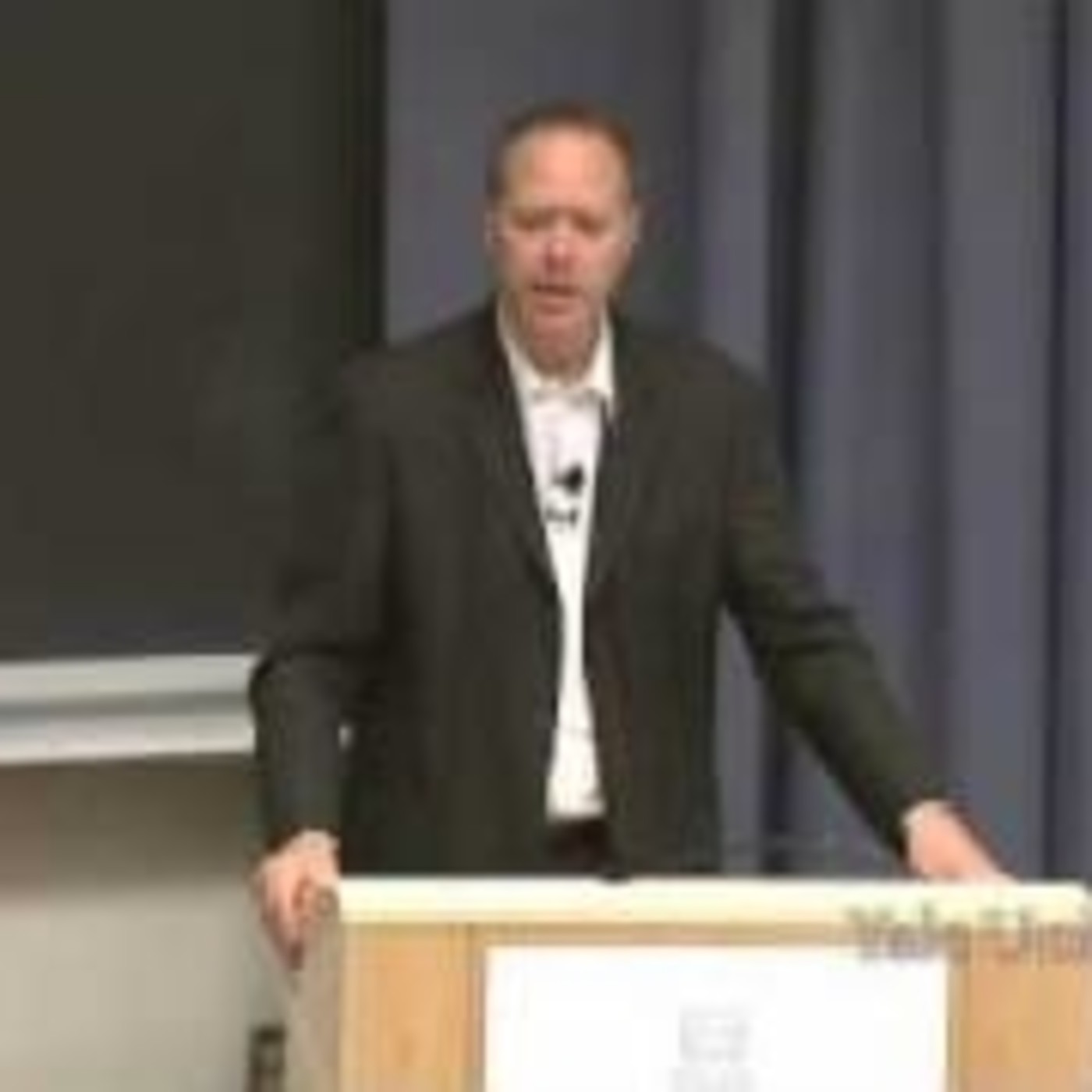 Heliocast Political Philosophy PLSC114A03 Socratic Citizenship- Plato's CritoIntroduction to Political Philosophy (PLSC 114)
In the Apology, Socrates proposes a new kind of citizenship in opposition to the traditional one that was based on the poetic conception of Homer. Socrates' is a philosophical citizenship, relying on one's own powers of independent reason and judgment. The Crito, a dialogue taking place in Socrates' prison cell, is about civil obedience, piety, and the duty of every citizen to respect and live by the laws of the community.
00:00 - Chapter 1. Was Socrates Guilty or Innocent?
02:22 - Chapter 2. The Socratic Citizen
09:39 - Chapter 3. Principled DIsobedience to the Law
24:07 - Chapter 4. Crito's Apology: "Companion...2016-12-1847 min
Heliocast Political Philosophy PLSC114A03 Socratic Citizenship- Plato's CritoIntroduction to Political Philosophy (PLSC 114)
In the Apology, Socrates proposes a new kind of citizenship in opposition to the traditional one that was based on the poetic conception of Homer. Socrates' is a philosophical citizenship, relying on one's own powers of independent reason and judgment. The Crito, a dialogue taking place in Socrates' prison cell, is about civil obedience, piety, and the duty of every citizen to respect and live by the laws of the community.
00:00 - Chapter 1. Was Socrates Guilty or Innocent?
02:22 - Chapter 2. The Socratic Citizen
09:39 - Chapter 3. Principled DIsobedience to the Law
24:07 - Chapter 4. Crito's Apology: "Companion...2016-12-1847 min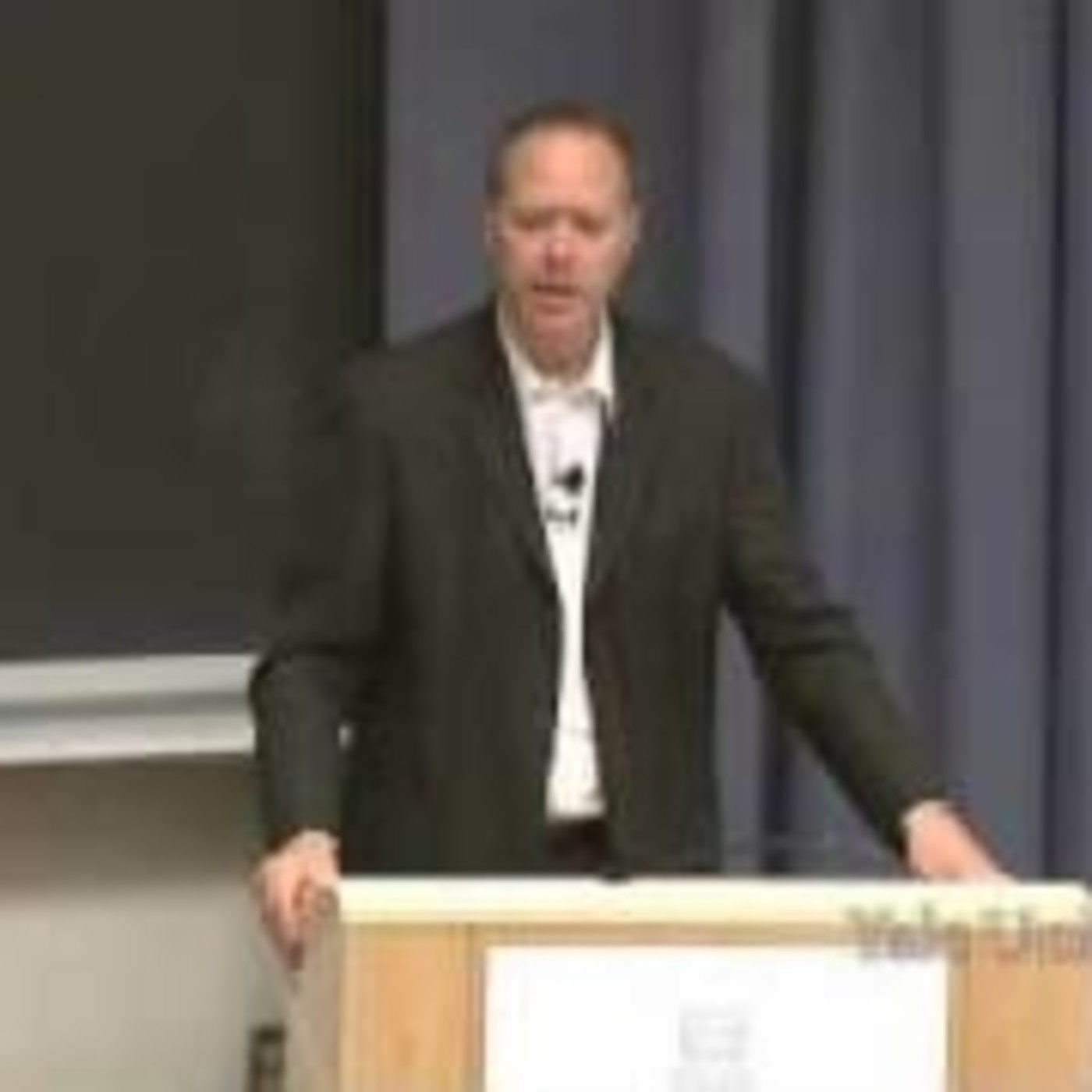 Heliocast Political Philosophy PLSC114A02 Socratic Citizenship: Plato's ApologyIntroduction to Political Philosophy (PLSC 114)
The lecture begins with an explanation of why Plato's Apology is the best introductory text to the study of political philosophy. The focus remains on the Apology as a symbol for the violation of free expression, with Socrates justifying his way of life as a philosopher and defending the utility of philosophy for political life.
00:00 - Chapter 1. Introduction: Plato, Apology
09:31 - Chapter 2. Political Context of the Dialogue
19:19 - Chapter 3. Accusations Leveled Against Socrates
27:51 - Chapter 4. Clouds: Debunking Socrates' New Model of Citizenship
33:31 - Chapter 5. The Famous Socratic "Turn"; Socrates' Second Sailing
Complete course materials are...2016-12-1645 min
Heliocast Political Philosophy PLSC114A02 Socratic Citizenship: Plato's ApologyIntroduction to Political Philosophy (PLSC 114)
The lecture begins with an explanation of why Plato's Apology is the best introductory text to the study of political philosophy. The focus remains on the Apology as a symbol for the violation of free expression, with Socrates justifying his way of life as a philosopher and defending the utility of philosophy for political life.
00:00 - Chapter 1. Introduction: Plato, Apology
09:31 - Chapter 2. Political Context of the Dialogue
19:19 - Chapter 3. Accusations Leveled Against Socrates
27:51 - Chapter 4. Clouds: Debunking Socrates' New Model of Citizenship
33:31 - Chapter 5. The Famous Socratic "Turn"; Socrates' Second Sailing
Complete course materials are...2016-12-1645 min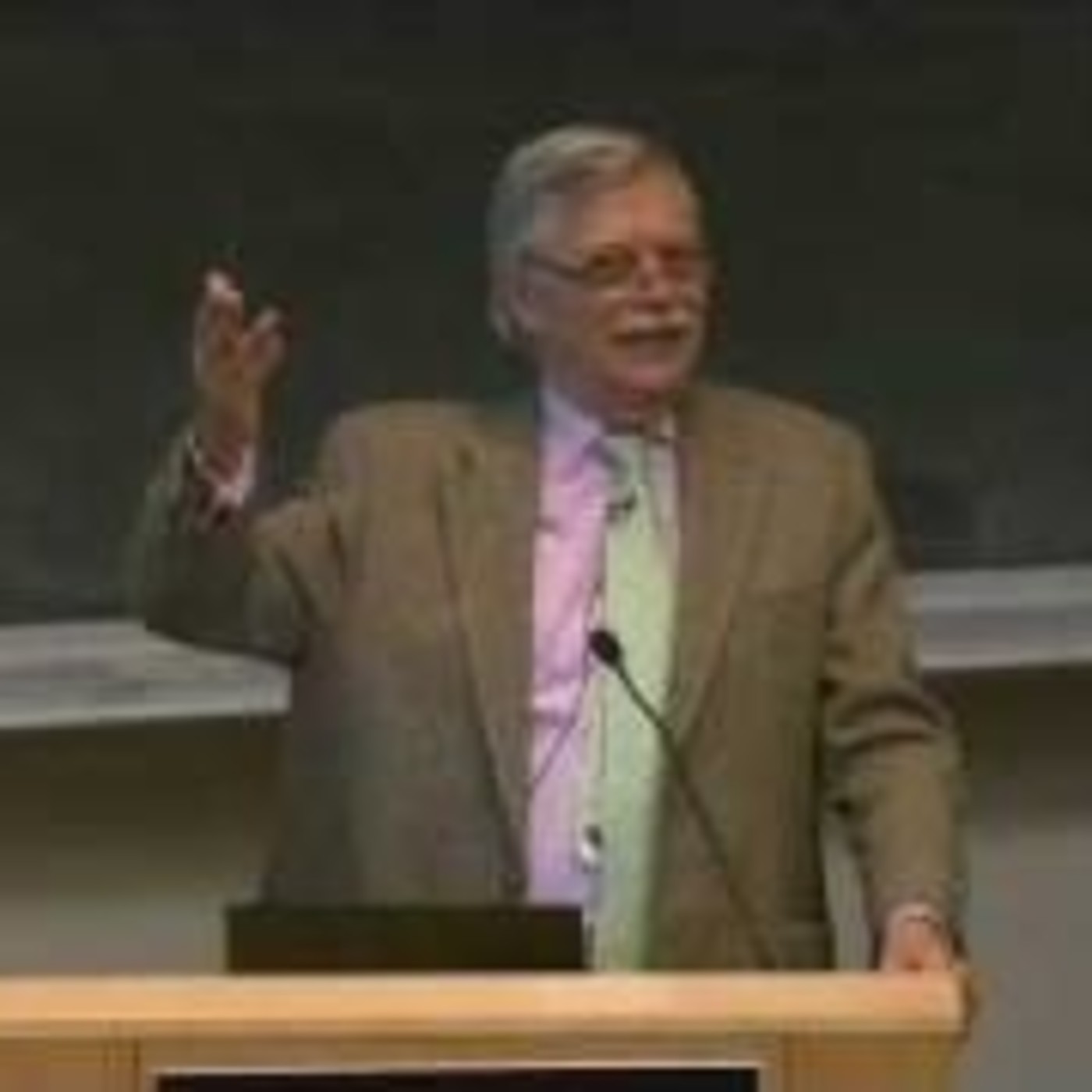 Heliocast Modern Social Theory SOCY151B25 Durkheim and Social FactsFoundations of Modern Social Thought (SOCY 151)
Durkheim understood life sciences as divided into three branches: biology, which is interested in the body, psychology, which deals with the personality, and sociology, which deals with collective representations. In The Rules of Sociological Method, Durkheim attempted to provide methodological rules and guidance for establishing social facts and how they are related to one another. His discussions of methodology represent an early and formative statement about issues that still challenge social science, regarding establishing correlation and causation and the difficulty of assessing the social world objectively without applying subjective judgments to the study. Durkheim...2016-11-1151 min
Heliocast Modern Social Theory SOCY151B25 Durkheim and Social FactsFoundations of Modern Social Thought (SOCY 151)
Durkheim understood life sciences as divided into three branches: biology, which is interested in the body, psychology, which deals with the personality, and sociology, which deals with collective representations. In The Rules of Sociological Method, Durkheim attempted to provide methodological rules and guidance for establishing social facts and how they are related to one another. His discussions of methodology represent an early and formative statement about issues that still challenge social science, regarding establishing correlation and causation and the difficulty of assessing the social world objectively without applying subjective judgments to the study. Durkheim...2016-11-1151 min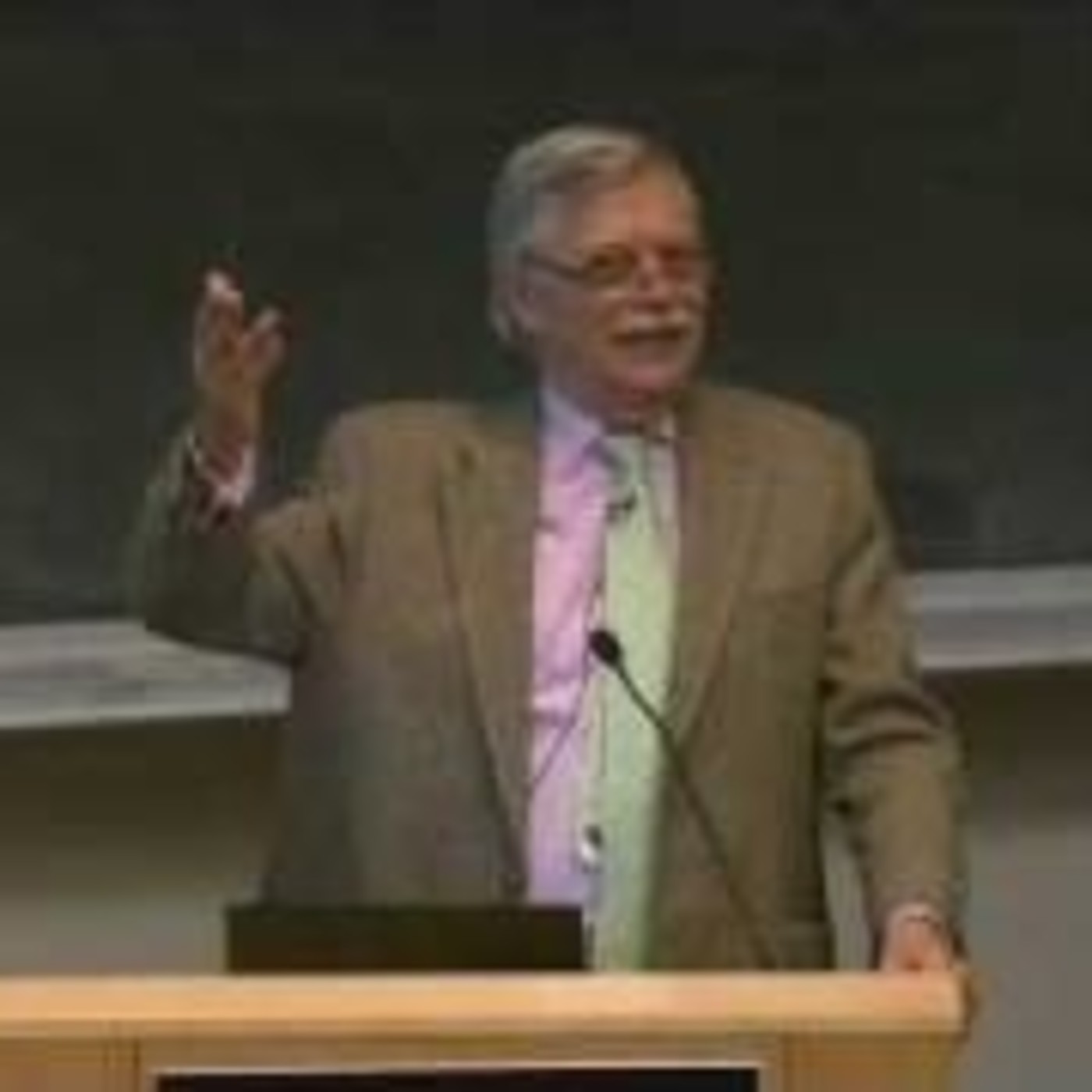 Heliocast Modern Social Theory SOCY151B24 Durkheim on SuicideFoundations of Modern Social Thought (SOCY 151)
Durkheim's Suicide is a foundational text for the discipline of sociology, and, over a hundred years later, it remains influential in the study of suicide. Durkheim's study demonstrates that what is thought to be a highly individual act is actually socially patterned and has social, not only psychological, causes. Durkheim's study uses the logic of multivariate statistical analysis, which is now widely used in the discipline of sociology. Durkheim considered factors including country, marital status, religion, and education level to explain variations in suicide rates. Durkheim found that Protestants, who tended to be more...2016-11-1150 min
Heliocast Modern Social Theory SOCY151B24 Durkheim on SuicideFoundations of Modern Social Thought (SOCY 151)
Durkheim's Suicide is a foundational text for the discipline of sociology, and, over a hundred years later, it remains influential in the study of suicide. Durkheim's study demonstrates that what is thought to be a highly individual act is actually socially patterned and has social, not only psychological, causes. Durkheim's study uses the logic of multivariate statistical analysis, which is now widely used in the discipline of sociology. Durkheim considered factors including country, marital status, religion, and education level to explain variations in suicide rates. Durkheim found that Protestants, who tended to be more...2016-11-1150 min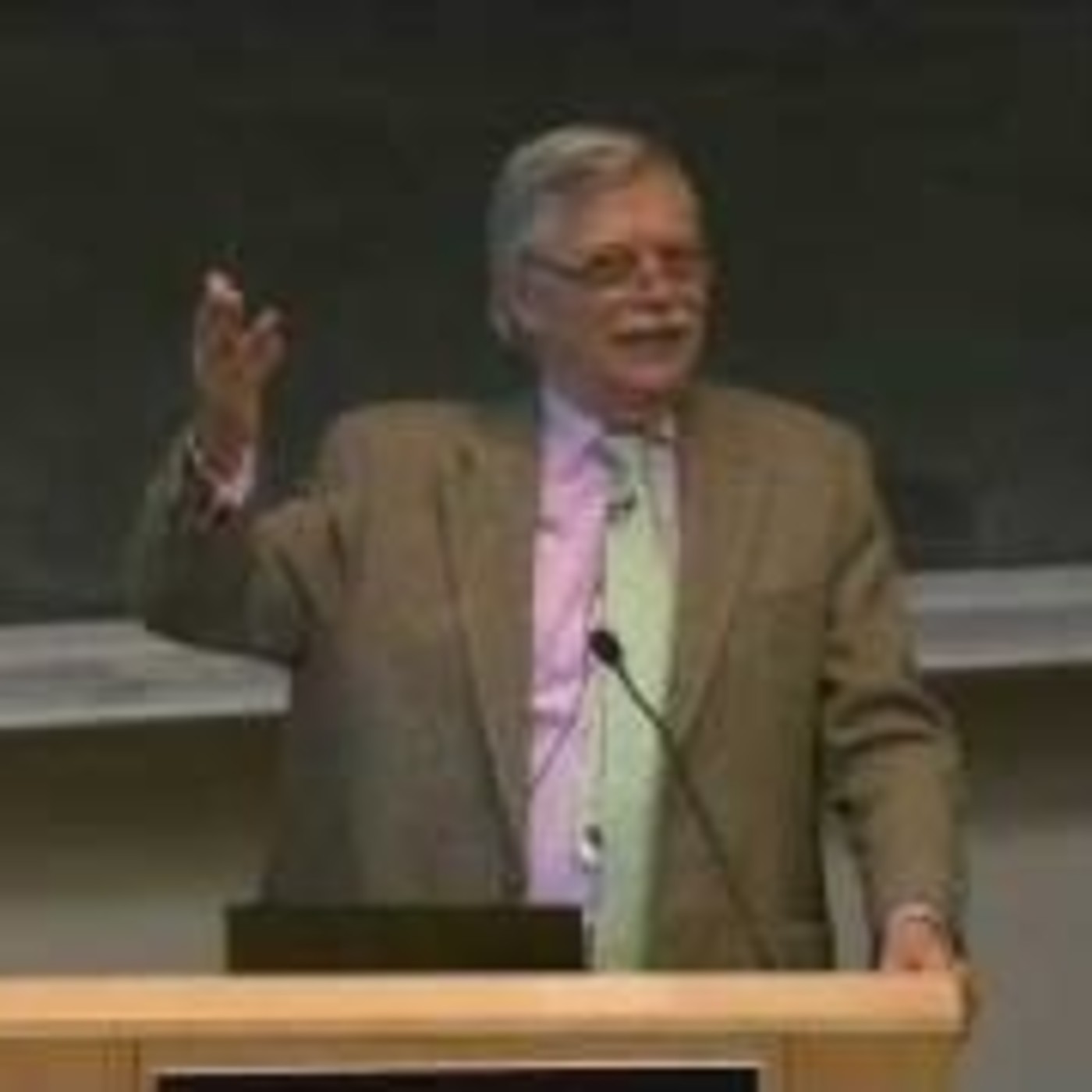 Heliocast Modern Social Theory SOCY151B23 Durkheim's Theory of AnomieFoundations of Modern Social Thought (SOCY 151)
In the transition from mechanical solidarity to organic solidarity, brought on by increasing division of labor, industrialization, and urbanization, Durkheim argues that there will be social pathologies, which he calls anomie. These abnormal and unhealthy consequences of the change in type of social solidarity have various causes. Durkheim is best known for arguing that a lack of moral regulation leads to social pathologies, but he also argues that overregulation—in the form of forced division of labor—will lead to fatalism, a kind of anomie. Anomie resulting from excessive demands on individuals from the mark...2016-11-1146 min
Heliocast Modern Social Theory SOCY151B23 Durkheim's Theory of AnomieFoundations of Modern Social Thought (SOCY 151)
In the transition from mechanical solidarity to organic solidarity, brought on by increasing division of labor, industrialization, and urbanization, Durkheim argues that there will be social pathologies, which he calls anomie. These abnormal and unhealthy consequences of the change in type of social solidarity have various causes. Durkheim is best known for arguing that a lack of moral regulation leads to social pathologies, but he also argues that overregulation—in the form of forced division of labor—will lead to fatalism, a kind of anomie. Anomie resulting from excessive demands on individuals from the mark...2016-11-1146 min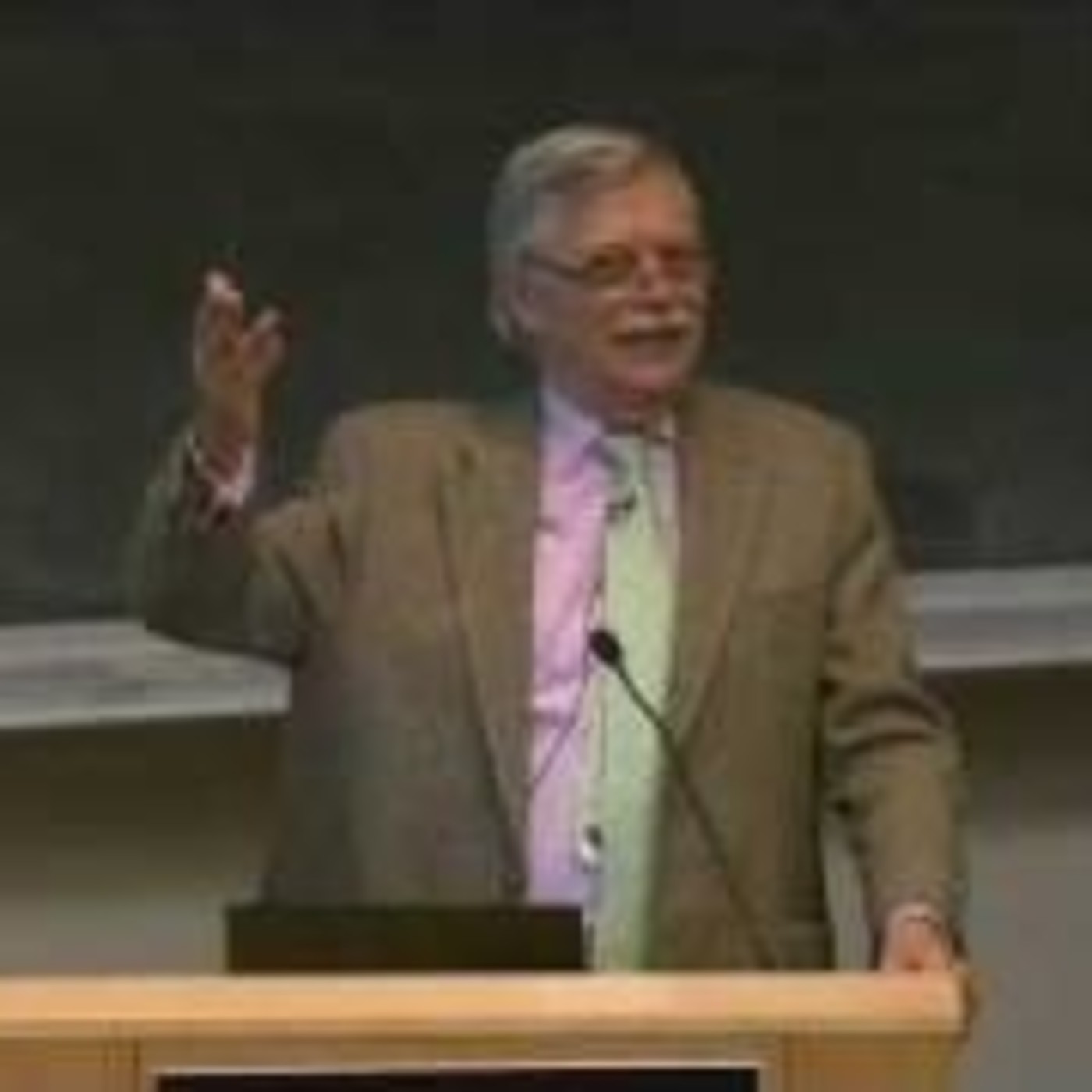 Heliocast Modern Social Theory SOCY151B22 Durkheim and Types of Social SolidarityFoundations of Modern Social Thought (SOCY 151)
Emile Durkheim, a French scholar who lived from 1858 until 1917, was one of the first intellectuals to use the term "sociology" to describe his work. In the early years of his career, Durkheim's orientation was functionalist (The Division of Labor in Society) and positivist (The Rules of Sociological Method); in the early twentieth century he took a cultural turn and became interested in religion (The Elementary Forms of Religious Life). Throughout his career, Durkheim was a methodological collectivist, and—unlike Marx and Weber, who were interested in social conflict—was consistently interested in what holds soci...2016-11-1137 min
Heliocast Modern Social Theory SOCY151B22 Durkheim and Types of Social SolidarityFoundations of Modern Social Thought (SOCY 151)
Emile Durkheim, a French scholar who lived from 1858 until 1917, was one of the first intellectuals to use the term "sociology" to describe his work. In the early years of his career, Durkheim's orientation was functionalist (The Division of Labor in Society) and positivist (The Rules of Sociological Method); in the early twentieth century he took a cultural turn and became interested in religion (The Elementary Forms of Religious Life). Throughout his career, Durkheim was a methodological collectivist, and—unlike Marx and Weber, who were interested in social conflict—was consistently interested in what holds soci...2016-11-1137 min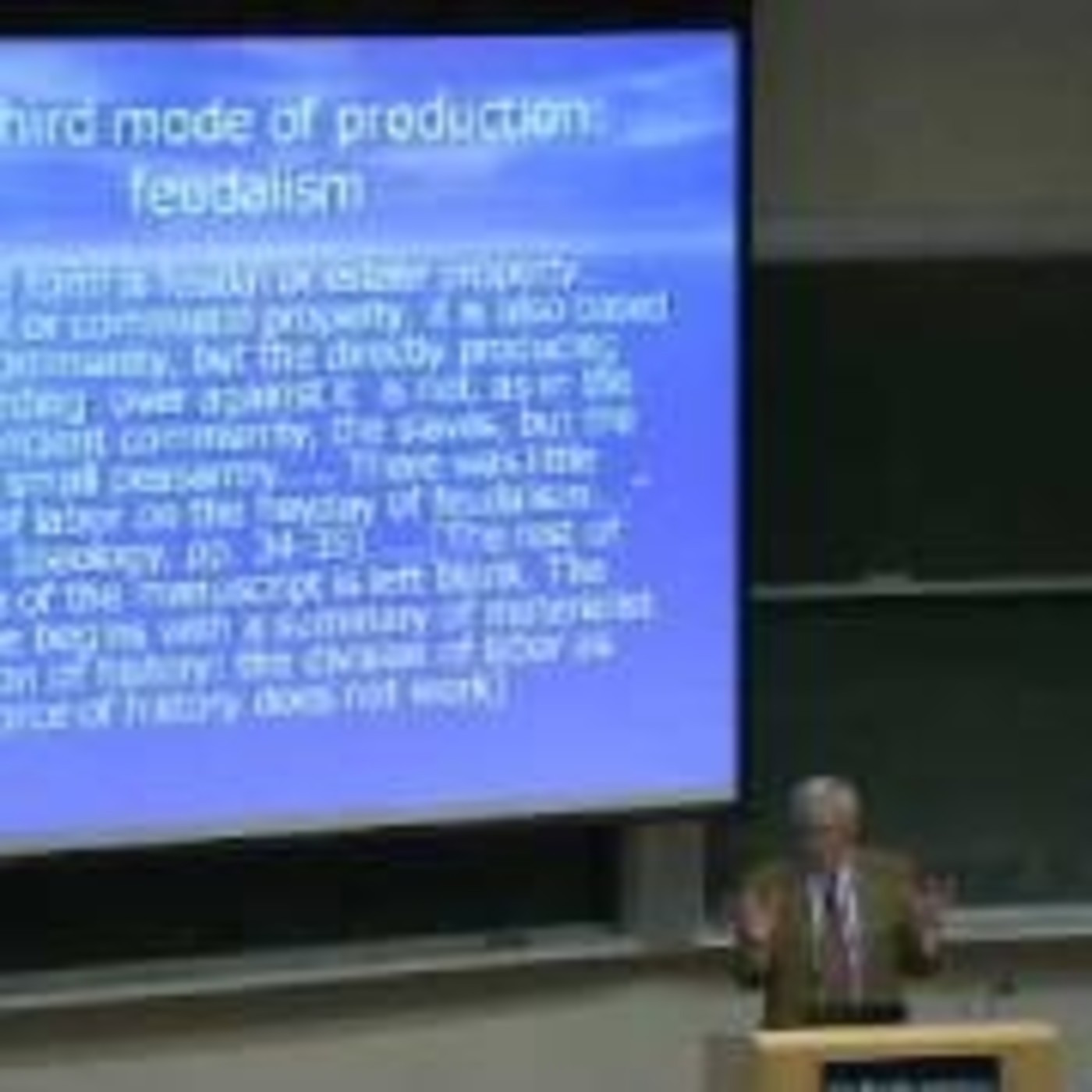 Heliocast Modern Social Theory SOCY151B21 Weber's Theory of ClassAlong with the macro-level shift from traditional forms of authority to legal-rational authority, Weber's theory of class identifies a macro-level shift from status to class determining life chances. In feudal times, under traditional forms of authority, monarchs or others in power conferred high status upon individuals and material wealth followed; first a man would be named a nobleman, and then he would get his estate. In the modern capitalist era, individuals obtain their monetary or material wealth and their class position vis-à-vis the market determines their life chances. Weber, in contrast to Marx, argues that class is a modern p...2016-11-1144 min
Heliocast Modern Social Theory SOCY151B21 Weber's Theory of ClassAlong with the macro-level shift from traditional forms of authority to legal-rational authority, Weber's theory of class identifies a macro-level shift from status to class determining life chances. In feudal times, under traditional forms of authority, monarchs or others in power conferred high status upon individuals and material wealth followed; first a man would be named a nobleman, and then he would get his estate. In the modern capitalist era, individuals obtain their monetary or material wealth and their class position vis-à-vis the market determines their life chances. Weber, in contrast to Marx, argues that class is a modern p...2016-11-1144 min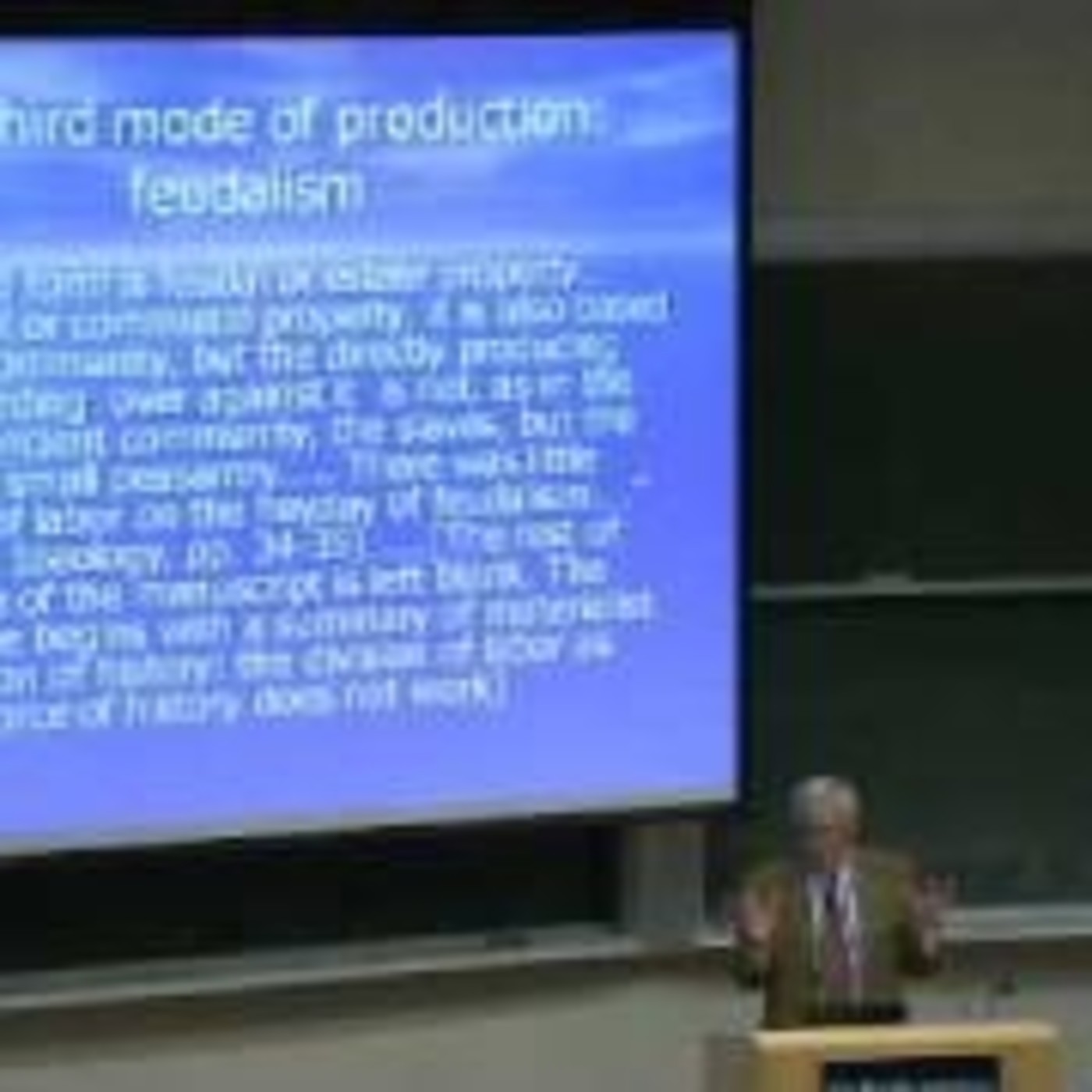 Heliocast Modern Social Theory SOCY151B20 Weber on Legal-Rational AuthorityThe purest form—the ideal type—of Weber's legal-rational type of authority is bureaucracy. Legal-rational authority indicates that authority is invested in a set of rules and rule-bound institutions and that the creating and changing the rules are outside of the control of those who administer them; it does not mean, however, that the authority is democratic. Monarchs and even authoritarian leaders who recognize a set of laws external to their powers govern using legal-rational authority. The characteristics of bureaucracy include a fixed salary, posts based on technical skill rather than personal connections, a well-defined hierarchy, and continuous rules which bind...2016-11-1147 min
Heliocast Modern Social Theory SOCY151B20 Weber on Legal-Rational AuthorityThe purest form—the ideal type—of Weber's legal-rational type of authority is bureaucracy. Legal-rational authority indicates that authority is invested in a set of rules and rule-bound institutions and that the creating and changing the rules are outside of the control of those who administer them; it does not mean, however, that the authority is democratic. Monarchs and even authoritarian leaders who recognize a set of laws external to their powers govern using legal-rational authority. The characteristics of bureaucracy include a fixed salary, posts based on technical skill rather than personal connections, a well-defined hierarchy, and continuous rules which bind...2016-11-1147 min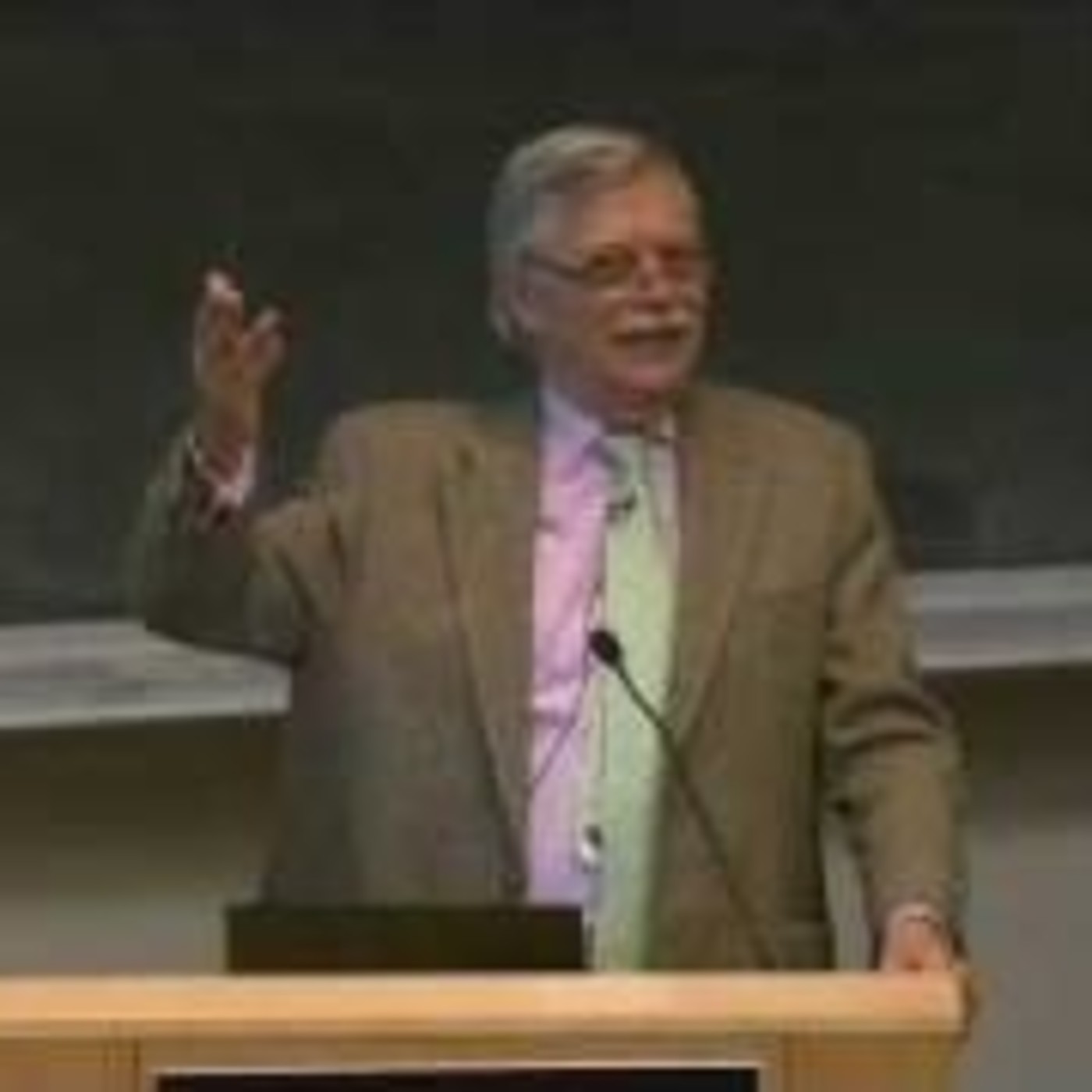 Heliocast Modern Social Theory SOCY151B19 Weber on Charismatic AuthorityFoundations of Modern Social Thought (SOCY 151)
Charismatic authority, unlike traditional authority, is a revolutionary and unstable form of authority. Weber borrows the religious term of charisma and extends its use to a secular meaning. Audiences and followers believe that charismatic leaders have a close connection to a divine power, have exceptional skills, or are exemplary in some way. Charismatic leaders promise change in the future for the society and also change people's attitudes and values; in this way, charismatic authority is revolutionary in a way that traditional and legal-rational authority are not. However, charisma is unstable and deteriorates if the...2016-11-1149 min
Heliocast Modern Social Theory SOCY151B19 Weber on Charismatic AuthorityFoundations of Modern Social Thought (SOCY 151)
Charismatic authority, unlike traditional authority, is a revolutionary and unstable form of authority. Weber borrows the religious term of charisma and extends its use to a secular meaning. Audiences and followers believe that charismatic leaders have a close connection to a divine power, have exceptional skills, or are exemplary in some way. Charismatic leaders promise change in the future for the society and also change people's attitudes and values; in this way, charismatic authority is revolutionary in a way that traditional and legal-rational authority are not. However, charisma is unstable and deteriorates if the...2016-11-1149 min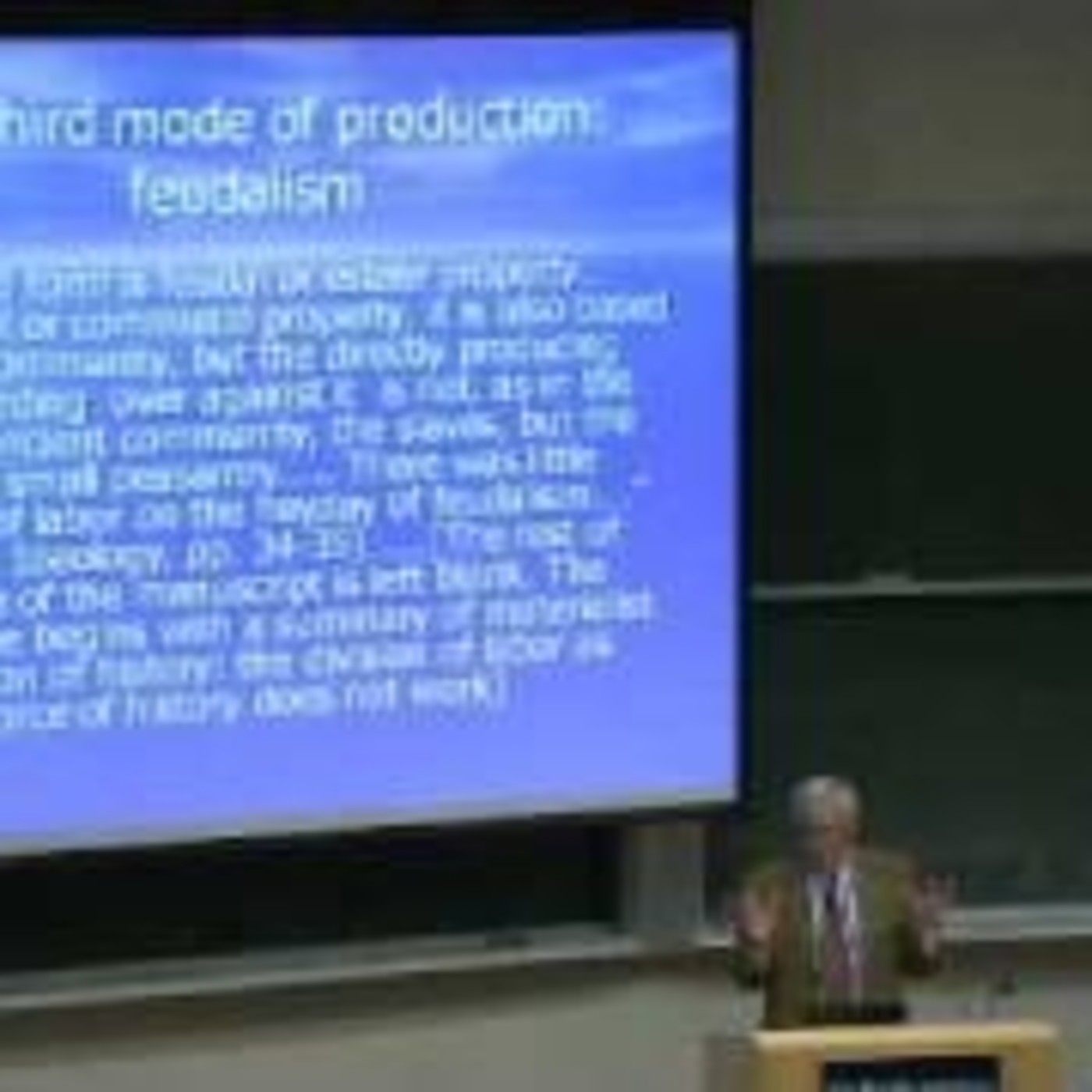 Heliocast Modern Social Theory SOCY151B18 Weber on Traditional AuthorityFoundations of Modern Social Thought (SOCY 151)
We return to Weber's idea of domination, Herrschaft. Herrschaft has been translated into English as "authority" and as "domination." The translation into domination highlights the elements of power and legitimacy that are co-mingled in the concept as well as the importance of the suggestion of the asymmetrical power relationship within the concept of domination. We turn to the first way leaders legitimate their authority or domination: tradition. The primary forms of traditional rule are patrimonialism and patriachialism. For Weber, the chief difference between these forms of rule is that the patriarch rules without a...2016-11-1108 min
Heliocast Modern Social Theory SOCY151B18 Weber on Traditional AuthorityFoundations of Modern Social Thought (SOCY 151)
We return to Weber's idea of domination, Herrschaft. Herrschaft has been translated into English as "authority" and as "domination." The translation into domination highlights the elements of power and legitimacy that are co-mingled in the concept as well as the importance of the suggestion of the asymmetrical power relationship within the concept of domination. We turn to the first way leaders legitimate their authority or domination: tradition. The primary forms of traditional rule are patrimonialism and patriachialism. For Weber, the chief difference between these forms of rule is that the patriarch rules without a...2016-11-1108 min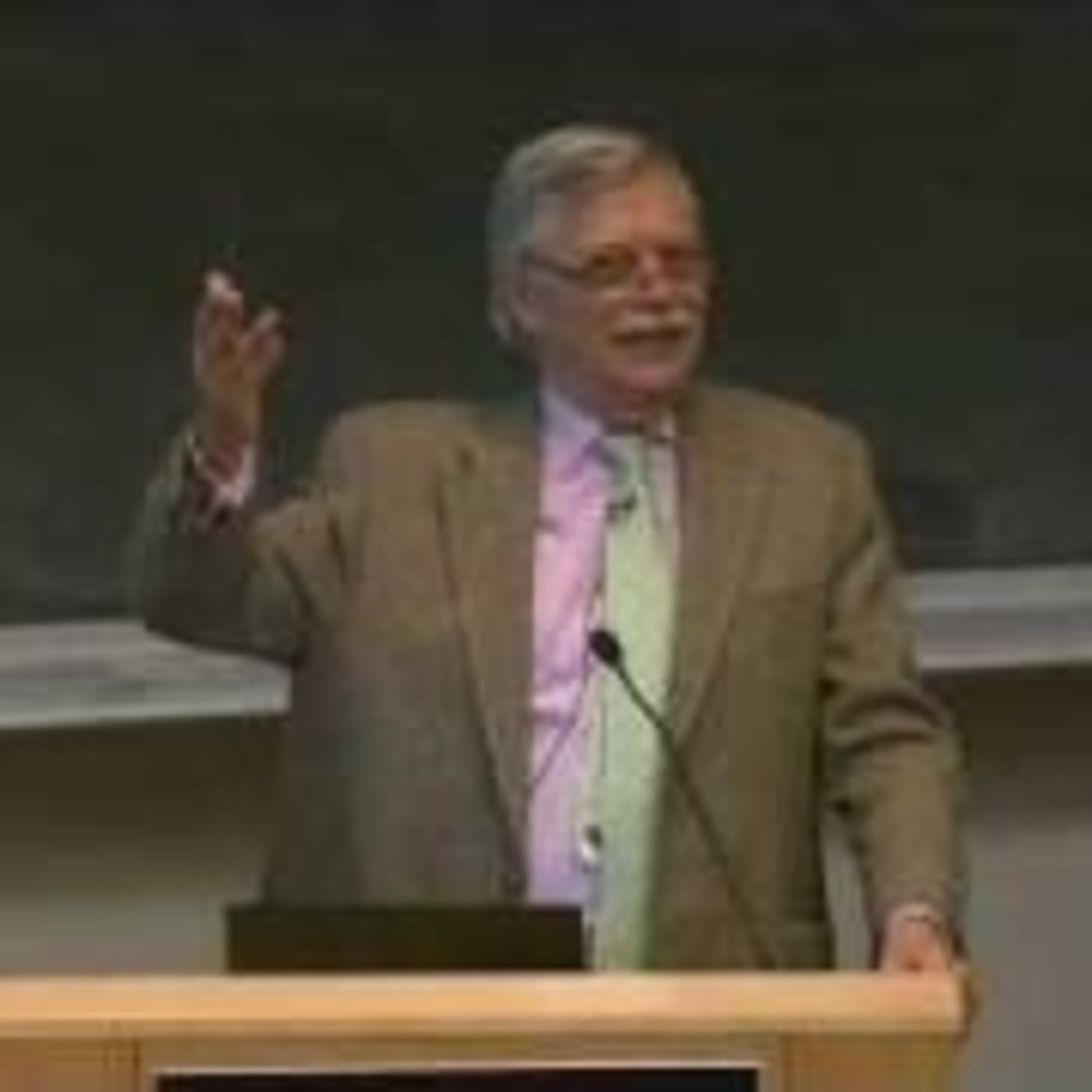 Heliocast Modern Social Theory SOCY151B17 Conceptual Foundations of Weber's Theory of DominationFoundations of Modern Social Thought (SOCY 151)
Diverging significantly from Marx's idea that history can be traced by the modes of production and the economy, Weber argues that history is characterized by different modes of authority. Leaders gain authority through domination, a combination of power and legitimacy. Weber argues that throughout history, leaders have successfully established domination (power along with legitimacy) in three modes of authority: traditional, charismatic, and legal-rational.
00:00 - Chapter 1. Review of Second Test Questions
21:43 - Chapter 2. Four Types of Social Action
35:39 - Chapter 3. Weber's Notion of Rationality
38:51 - Chapter 4. Power and Domination
42:01 - Chapter 5. What is Legitimacy?
45:06...2016-11-1152 min
Heliocast Modern Social Theory SOCY151B17 Conceptual Foundations of Weber's Theory of DominationFoundations of Modern Social Thought (SOCY 151)
Diverging significantly from Marx's idea that history can be traced by the modes of production and the economy, Weber argues that history is characterized by different modes of authority. Leaders gain authority through domination, a combination of power and legitimacy. Weber argues that throughout history, leaders have successfully established domination (power along with legitimacy) in three modes of authority: traditional, charismatic, and legal-rational.
00:00 - Chapter 1. Review of Second Test Questions
21:43 - Chapter 2. Four Types of Social Action
35:39 - Chapter 3. Weber's Notion of Rationality
38:51 - Chapter 4. Power and Domination
42:01 - Chapter 5. What is Legitimacy?
45:06...2016-11-1152 min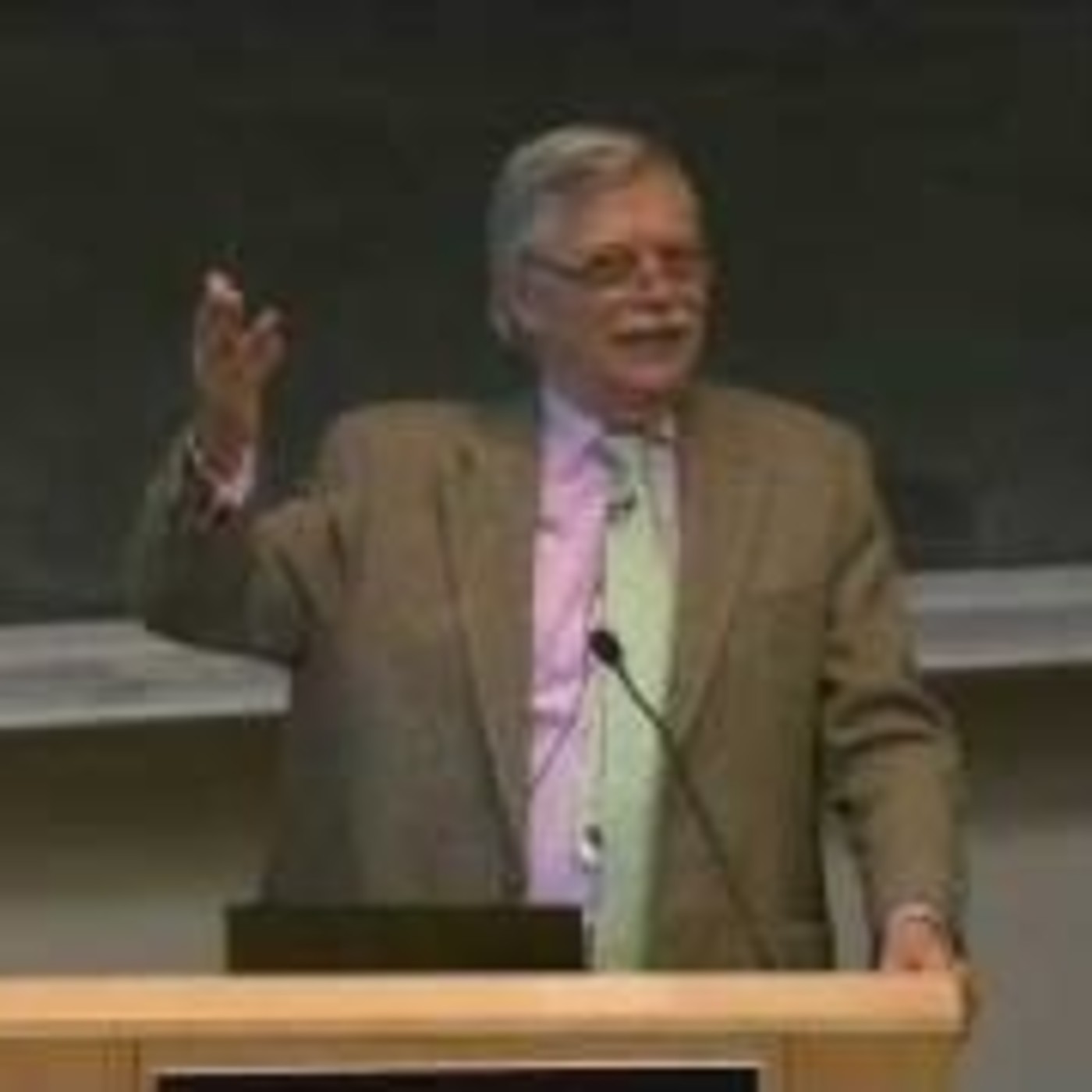 Heliocast Modern Social Theory SOCY151B16 Weber on Protestantism and CapitalismFoundations of Modern Social Thought (SOCY 151)
Max Weber wrote his best-known work after he recovered from a period of serious mental illness near the turn of the twentieth century. After he recovered, his work transitioned from enthusiastically capitalist and liberal in the tradition of Adam Smith and John Stuart Mill to much more skeptical of the down-sides of modernization, more similar to the thinking of Nietzsche and Freud. In his first major work, The Protestant Ethic and the Spirit of Capitalism, Weber argues that the Protestant faith, especially Luther's notion of "calling" and the Calvinist belief in predestination set the...2016-11-0851 min
Heliocast Modern Social Theory SOCY151B16 Weber on Protestantism and CapitalismFoundations of Modern Social Thought (SOCY 151)
Max Weber wrote his best-known work after he recovered from a period of serious mental illness near the turn of the twentieth century. After he recovered, his work transitioned from enthusiastically capitalist and liberal in the tradition of Adam Smith and John Stuart Mill to much more skeptical of the down-sides of modernization, more similar to the thinking of Nietzsche and Freud. In his first major work, The Protestant Ethic and the Spirit of Capitalism, Weber argues that the Protestant faith, especially Luther's notion of "calling" and the Calvinist belief in predestination set the...2016-11-0851 min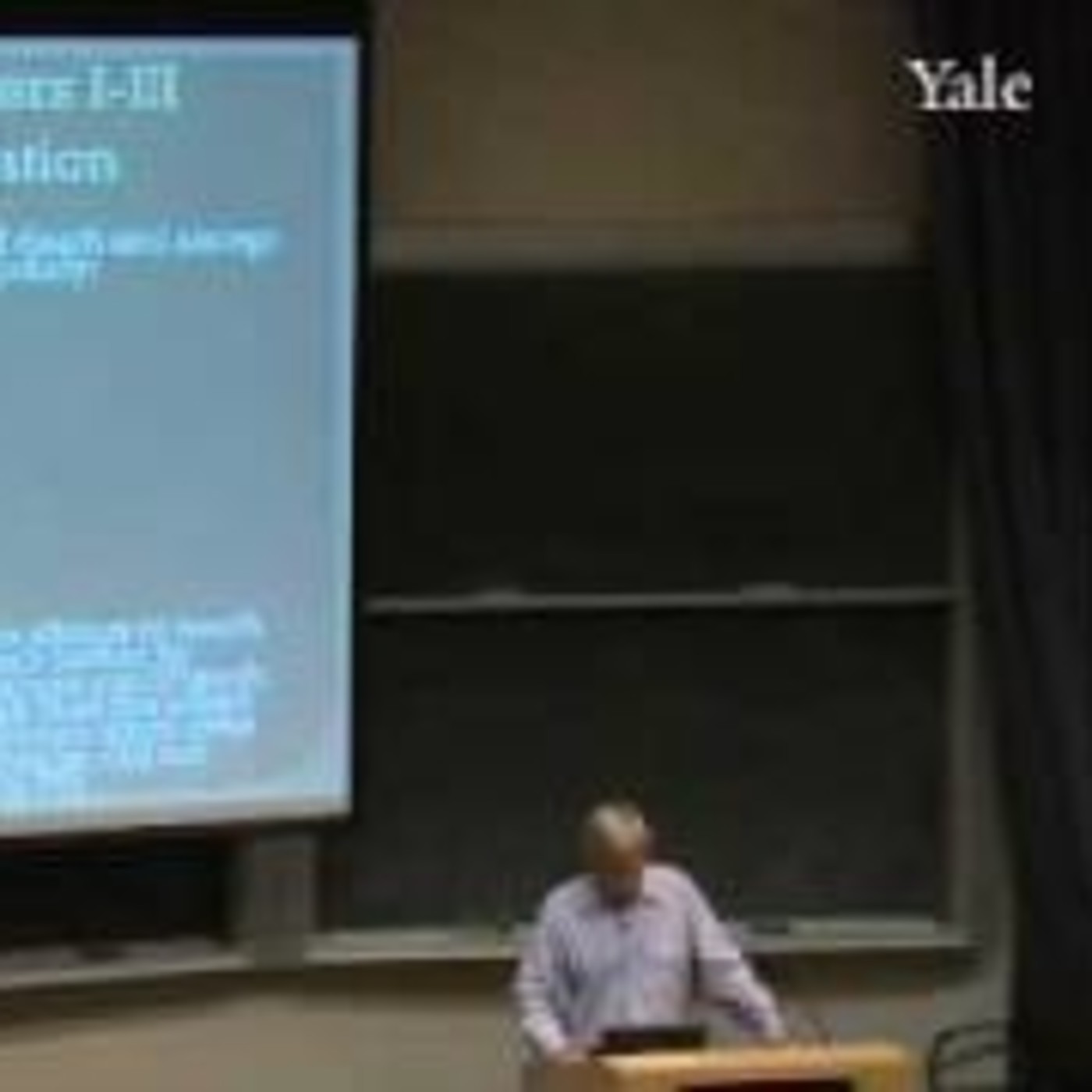 Heliocast Modern Social Theory SOCY151B15 Freud on Sexuality and CivilizationFoundations of Modern Social Thought (SOCY 151)
Freud's brand of critical theory adds important dimensions; he argues that we can better understand our consciousness through the process of psychoanalysis—the talking cure, dream work, etc—and we can cure ourselves through this process as well. We discuss Freud's early days in Vienna developing psychoanalysis as a clinical approach alongside Jung, Ferenczi, and others in their tight-knit circle. They develop the ideas of the id, ego, and superego as well as the antithetical drives, the love drive (Eros) and the death drive (Thanatos). Later, Freud applies these concepts to society as a whol...2016-11-0853 min
Heliocast Modern Social Theory SOCY151B15 Freud on Sexuality and CivilizationFoundations of Modern Social Thought (SOCY 151)
Freud's brand of critical theory adds important dimensions; he argues that we can better understand our consciousness through the process of psychoanalysis—the talking cure, dream work, etc—and we can cure ourselves through this process as well. We discuss Freud's early days in Vienna developing psychoanalysis as a clinical approach alongside Jung, Ferenczi, and others in their tight-knit circle. They develop the ideas of the id, ego, and superego as well as the antithetical drives, the love drive (Eros) and the death drive (Thanatos). Later, Freud applies these concepts to society as a whol...2016-11-0853 min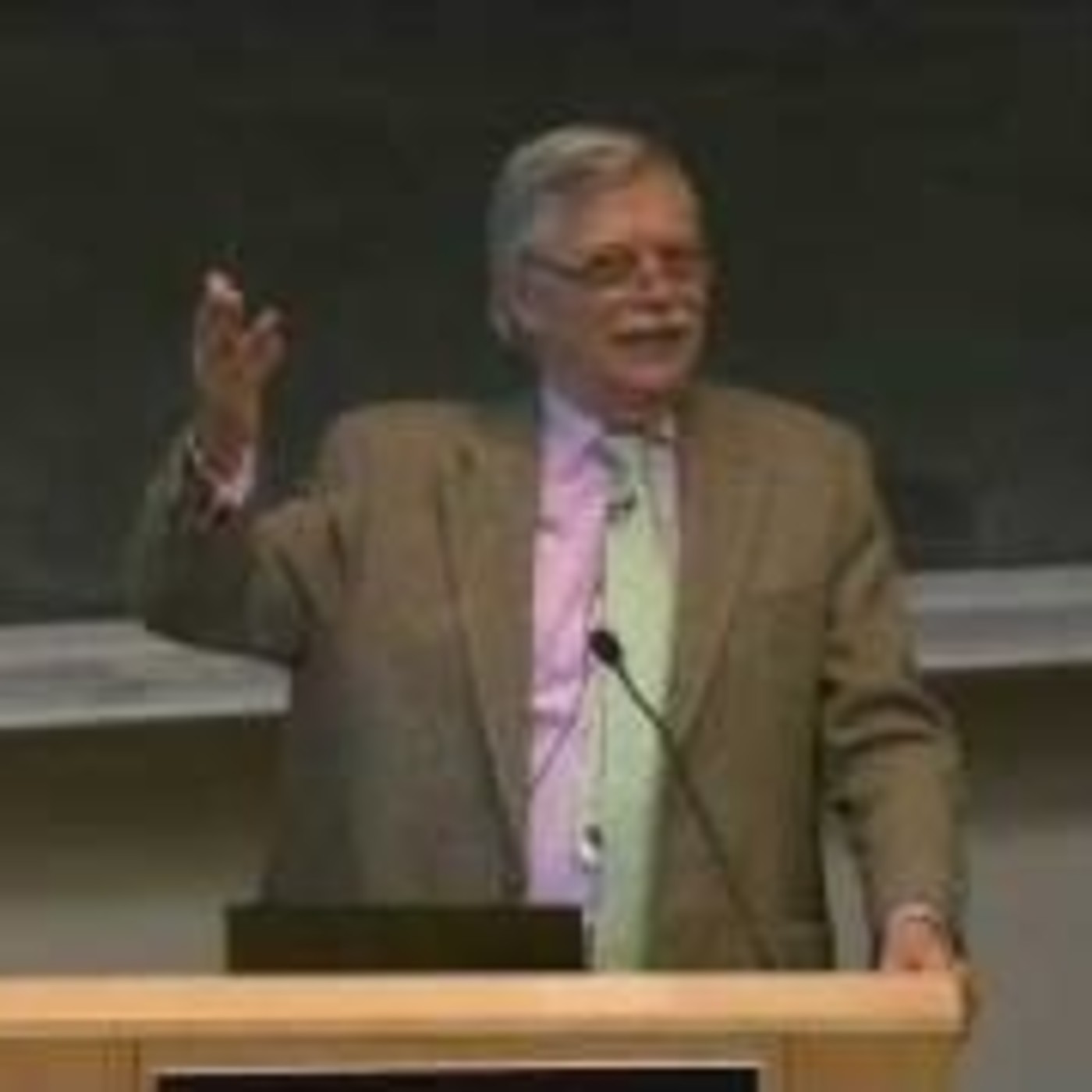 Heliocast Modern Social Theory SOCY151B14 Nietzsche on Power, Knowledge and Morality.mp3Foundations of Modern Social Thought (SOCY 151)
Today we take a bridge into the twentieth century, constructed by Nietzsche, Freud, and Weber's critical theory. Each author is different in important ways, but they also agree on two crucial points: we must subject our consciousness and assumptions to critical scrutiny and, along with increasing liberation and rationalization in some ways, modern society also has repressive elements. Nietzsche is the oldest of these thinkers; he dies in 1900 and stops working a decade before due to mental illness. While he was ill, his sister, a proto-Nazi and associate of Hitler, cared for him. Her...2016-10-2146 min
Heliocast Modern Social Theory SOCY151B14 Nietzsche on Power, Knowledge and Morality.mp3Foundations of Modern Social Thought (SOCY 151)
Today we take a bridge into the twentieth century, constructed by Nietzsche, Freud, and Weber's critical theory. Each author is different in important ways, but they also agree on two crucial points: we must subject our consciousness and assumptions to critical scrutiny and, along with increasing liberation and rationalization in some ways, modern society also has repressive elements. Nietzsche is the oldest of these thinkers; he dies in 1900 and stops working a decade before due to mental illness. While he was ill, his sister, a proto-Nazi and associate of Hitler, cared for him. Her...2016-10-2146 min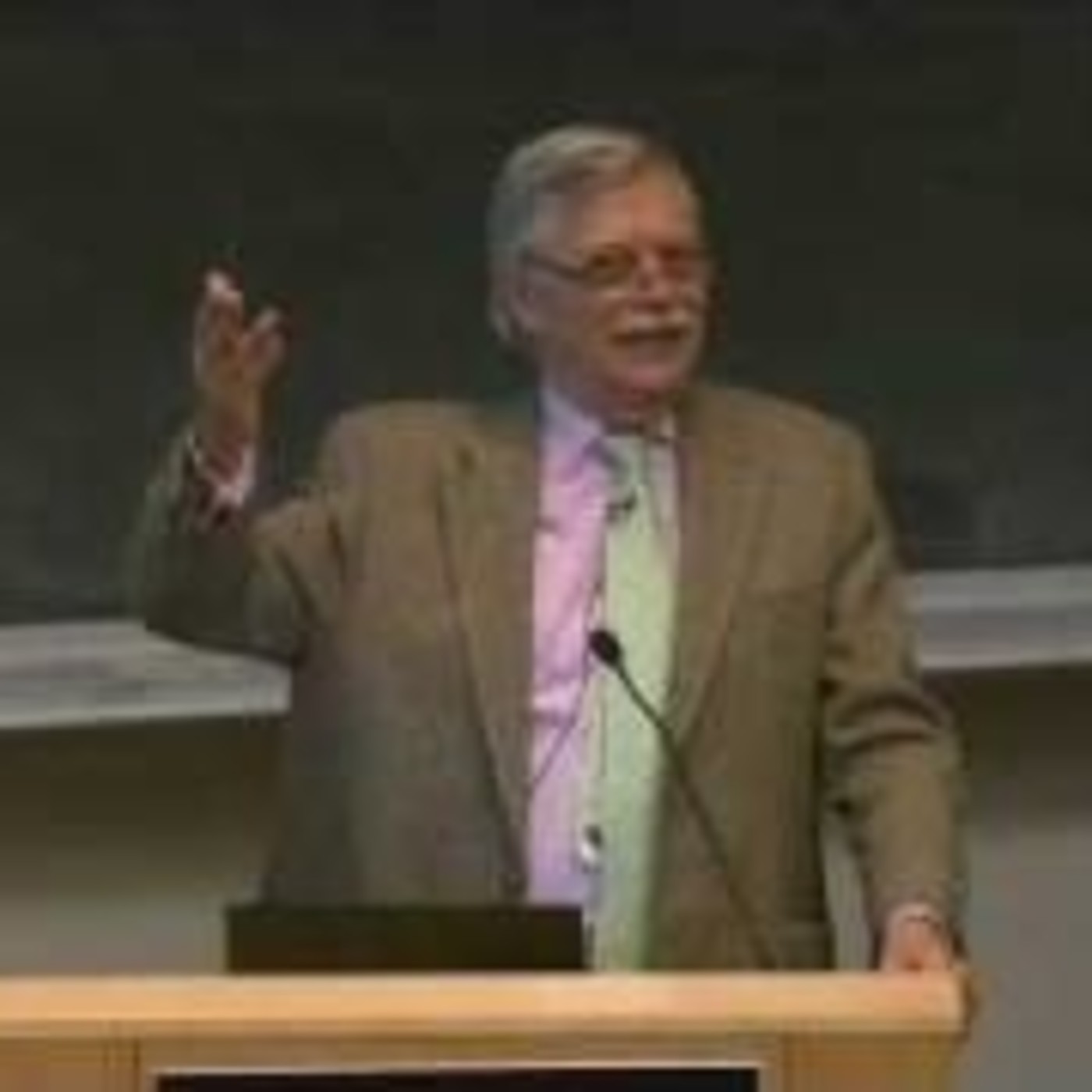 Heliocast Modern Social Theory SOCY151B13 Marx's Theory of Class and ExploitationFoundations of Modern Social Thought (SOCY 151)
In order to move from a theory of alienation to a theory of exploitation, Marx develops a concept of class and of the capitalist mode of production. He developed these in The Communist Manifesto, the Grundrisse and Das Kapital. Marx argues that what sets the capitalist mode of production apart from the commodity mode of production is not only the accumulation of money; the capitalist mode of production is characterized by the use of labor power as a commodity to create more value. The capitalist compensates the laborer enough for his labor power to...2016-10-2151 min
Heliocast Modern Social Theory SOCY151B13 Marx's Theory of Class and ExploitationFoundations of Modern Social Thought (SOCY 151)
In order to move from a theory of alienation to a theory of exploitation, Marx develops a concept of class and of the capitalist mode of production. He developed these in The Communist Manifesto, the Grundrisse and Das Kapital. Marx argues that what sets the capitalist mode of production apart from the commodity mode of production is not only the accumulation of money; the capitalist mode of production is characterized by the use of labor power as a commodity to create more value. The capitalist compensates the laborer enough for his labor power to...2016-10-2151 min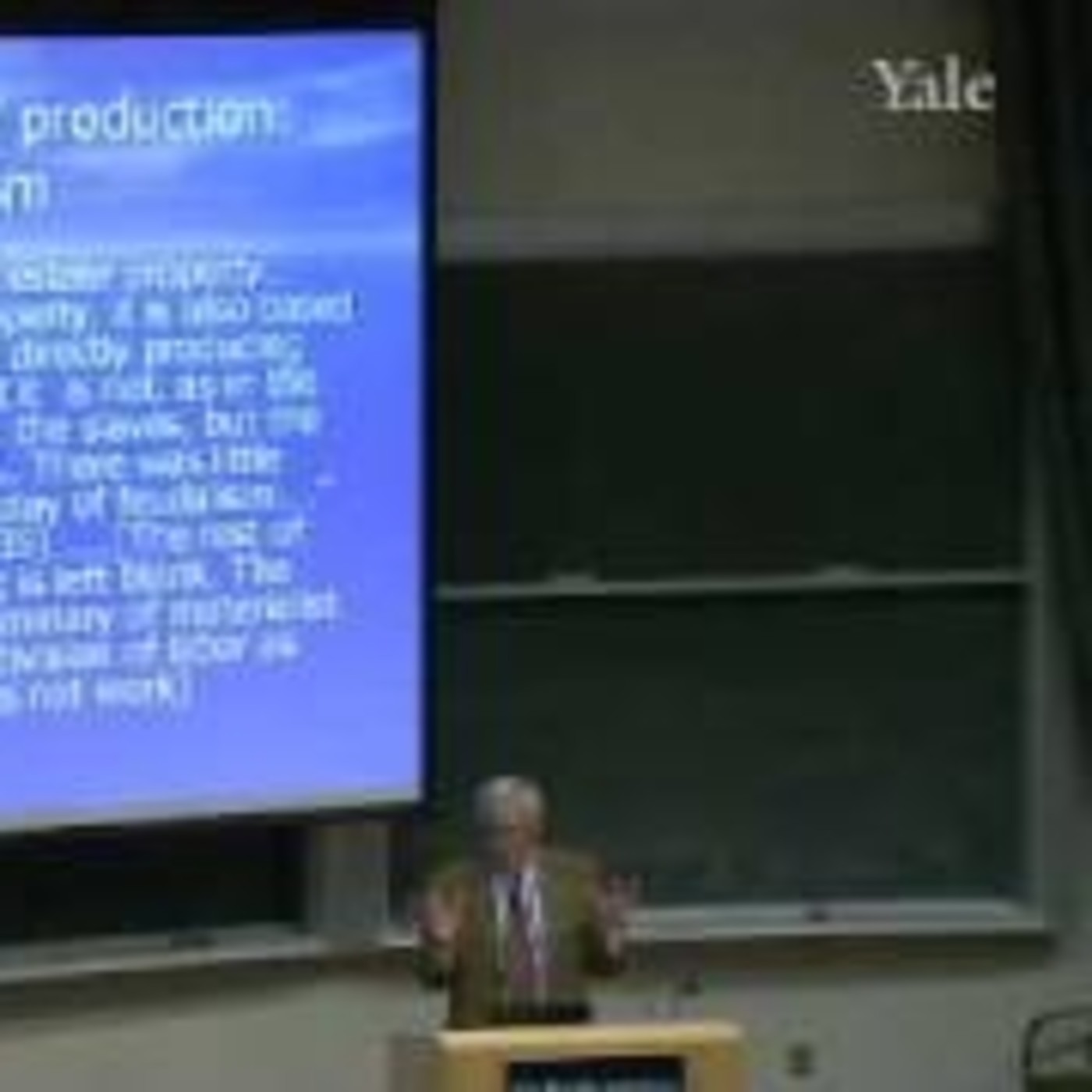 Heliocast Modern Social Theory SOCY151B12 Marx's Theory of HistoryFoundations of Modern Social Thought (SOCY 151)
We consider closely Marx's Grundrisse, written between The German Ideology and Das Kapital. In the Grundrisse, Marx revisits and revises his theory of historical change. Previously, he argued that history is characterized by a uni-linear increase in the division of labor. He also argued that class struggle caused revolutionary transitions from one mode of production to the next—slavery to feudalism to capitalism—and that Communism will be the last form of production. In the Grundrisse, Marx develops a theory of historical change focused on property relations and ownership. In addition, he depicts a more...2016-10-0451 min
Heliocast Modern Social Theory SOCY151B12 Marx's Theory of HistoryFoundations of Modern Social Thought (SOCY 151)
We consider closely Marx's Grundrisse, written between The German Ideology and Das Kapital. In the Grundrisse, Marx revisits and revises his theory of historical change. Previously, he argued that history is characterized by a uni-linear increase in the division of labor. He also argued that class struggle caused revolutionary transitions from one mode of production to the next—slavery to feudalism to capitalism—and that Communism will be the last form of production. In the Grundrisse, Marx develops a theory of historical change focused on property relations and ownership. In addition, he depicts a more...2016-10-0451 min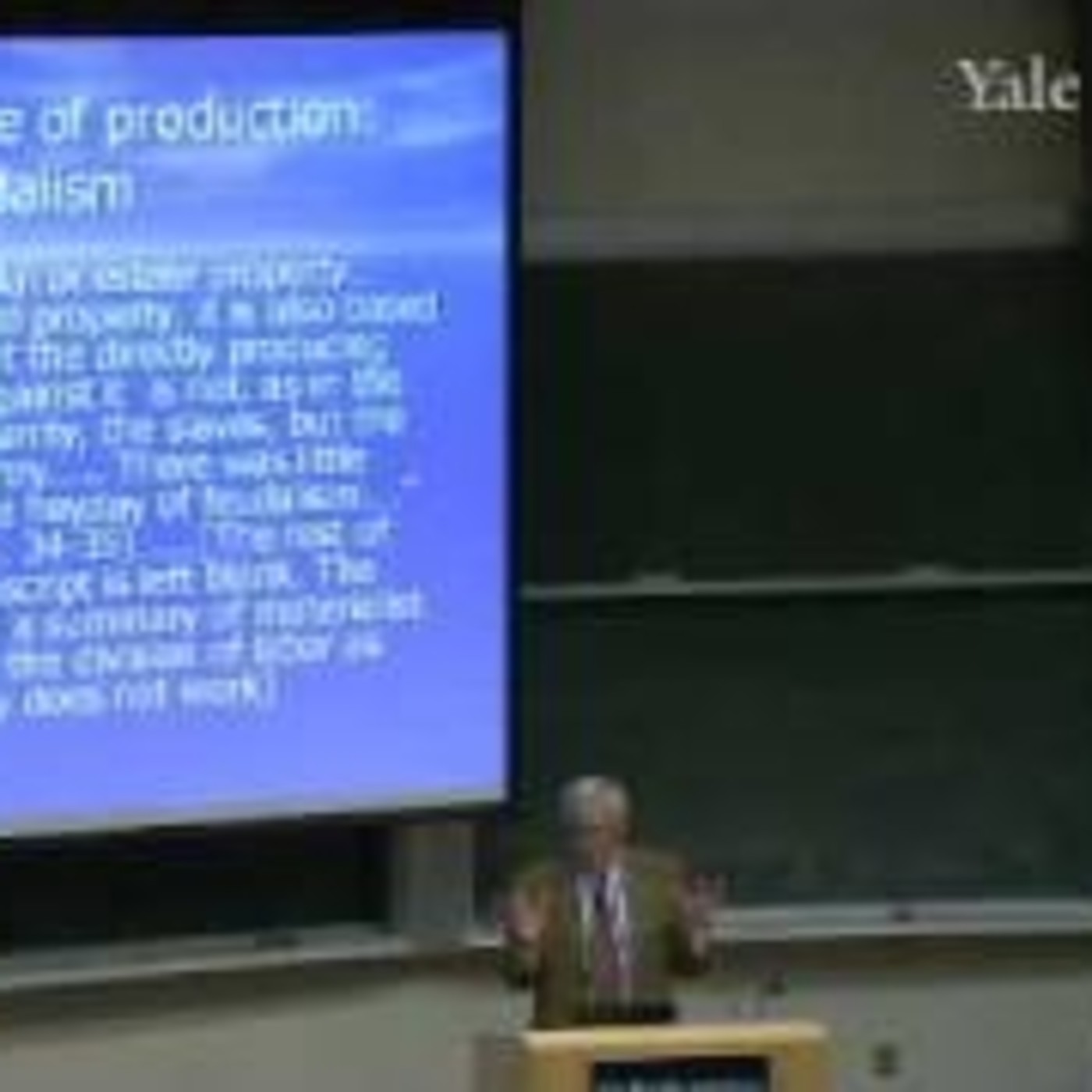 Heliocast Modern Social Theory SOCY151B11 Marx's Theory of Historical Materialism (cont.)Foundations of Modern Social Thought (SOCY 151)
Today we cover the transition from the young Marx, with his emphasis on change and action, to the mature Marx who turns toward positivist science and determinism, arguing that capitalism will have to fail. Through a closer look at Marx's "Theses on Feuerbach," we discuss different theories of truth with attention to the questions of where truth resides (in the subject, in the object, or some combination), how we know it, and how we know when we know it. Arguing for his conception of materialism, Marx argues that truth is not simply the reflection...2016-10-0348 min
Heliocast Modern Social Theory SOCY151B11 Marx's Theory of Historical Materialism (cont.)Foundations of Modern Social Thought (SOCY 151)
Today we cover the transition from the young Marx, with his emphasis on change and action, to the mature Marx who turns toward positivist science and determinism, arguing that capitalism will have to fail. Through a closer look at Marx's "Theses on Feuerbach," we discuss different theories of truth with attention to the questions of where truth resides (in the subject, in the object, or some combination), how we know it, and how we know when we know it. Arguing for his conception of materialism, Marx argues that truth is not simply the reflection...2016-10-0348 min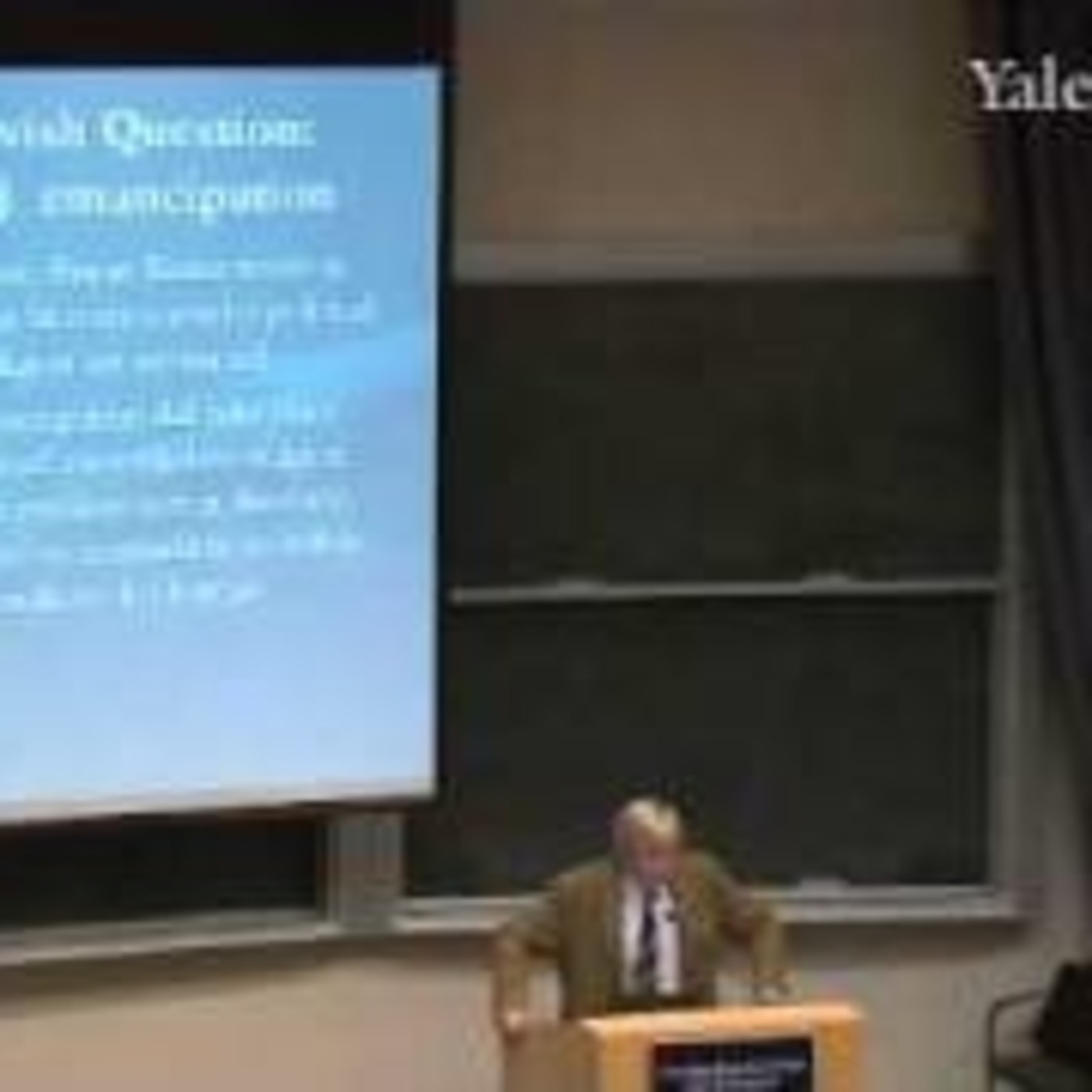 Heliocast Modern Social Theory SOCY151B10 Marx's Theory of Historical MaterialismWe review Marx's theory of alienation and pick up with the transition from the young Marx to the mature Marx who breaks with Hegelian thought and the Young Hegelians. Reflecting on the disappointed hopes of the French Revolution, Hegel wrote that the civil servants in France represent the universal class. In direct contrast, Marx writes that the state only appears to be the universal class. He then goes about writing his theory of exploitation to argue that the workers, as the only fully alienated class, represent the universal position. He responds to Feuerbach with his eleven theses arguing for his...2016-09-2750 min
Heliocast Modern Social Theory SOCY151B10 Marx's Theory of Historical MaterialismWe review Marx's theory of alienation and pick up with the transition from the young Marx to the mature Marx who breaks with Hegelian thought and the Young Hegelians. Reflecting on the disappointed hopes of the French Revolution, Hegel wrote that the civil servants in France represent the universal class. In direct contrast, Marx writes that the state only appears to be the universal class. He then goes about writing his theory of exploitation to argue that the workers, as the only fully alienated class, represent the universal position. He responds to Feuerbach with his eleven theses arguing for his...2016-09-2750 min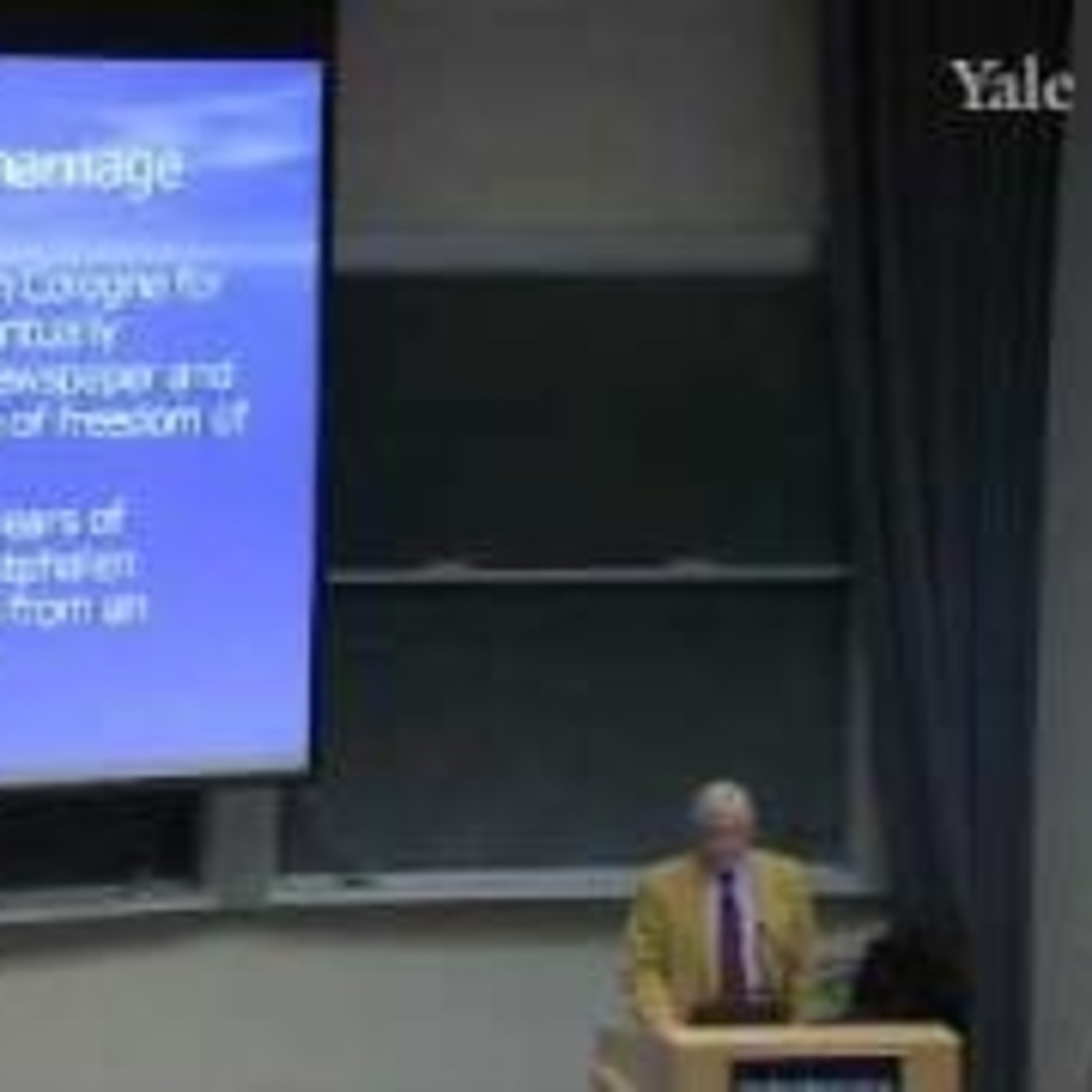 Heliocast Modern Social Theory SOCY151B09 Marx's Theory of AlienationFoundations of Modern Social Thought (SOCY 151)
Marx begins his intellectual life as a Young Hegelian, in the company of Bruno Bauer and others. The Young Hegelians, a radical group of scholars, intended to subject Hegel's theories to critical scrutiny. Eventually, Marx breaks with this tradition altogether by saying that alienation does not come from thoughts and therefore cannot be solved by ideas alone. Alienation comes from material conditions and can only be addressed by changing those conditions. Due to his radical, revolutionary ideas, Marx was forced to move around Europe quite a bit. In his lifetime, he saw his predictions...2016-09-2148 min
Heliocast Modern Social Theory SOCY151B09 Marx's Theory of AlienationFoundations of Modern Social Thought (SOCY 151)
Marx begins his intellectual life as a Young Hegelian, in the company of Bruno Bauer and others. The Young Hegelians, a radical group of scholars, intended to subject Hegel's theories to critical scrutiny. Eventually, Marx breaks with this tradition altogether by saying that alienation does not come from thoughts and therefore cannot be solved by ideas alone. Alienation comes from material conditions and can only be addressed by changing those conditions. Due to his radical, revolutionary ideas, Marx was forced to move around Europe quite a bit. In his lifetime, he saw his predictions...2016-09-2148 min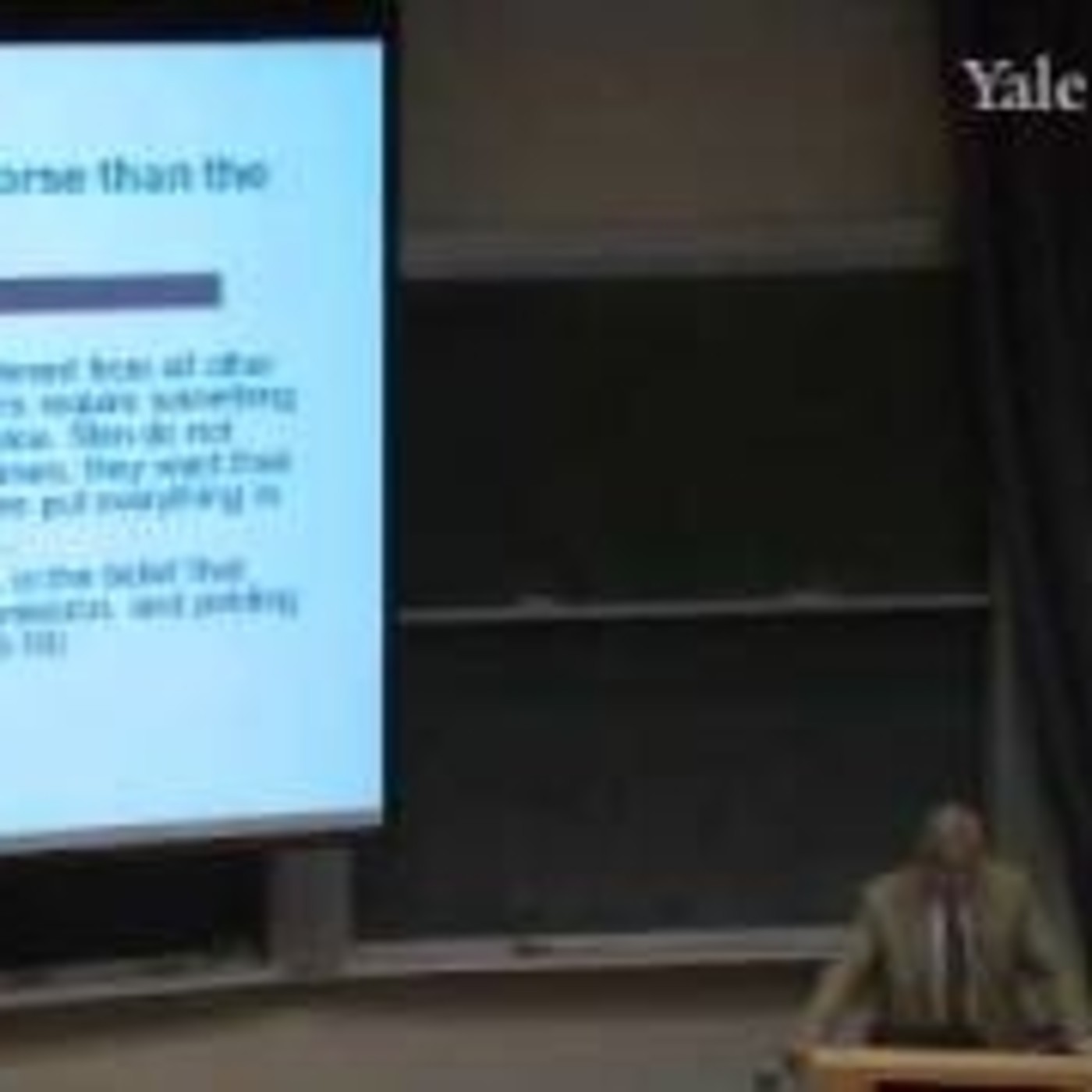 Heliocast Modern Social Theory SOCY151B8 Smith- The Invisible Handoundations of Modern Social Thought (SOCY 151)
John Stuart Mill made important and influential amendments to Bentham's ideas of utilitarianism. Perhaps most influentially, Mill states that there are not only different quantities of happiness but also qualitative differences in happiness. Humans are capable of higher forms of happiness, and therefore utility must be judged by taking into account quantitative amounts as well as qualitative differences in forms of happiness. Mill also drew a distinction between legality and justice; what is just is not always written in law, and what is written in law is not always just. Justice is a higher...2016-09-2046 min
Heliocast Modern Social Theory SOCY151B8 Smith- The Invisible Handoundations of Modern Social Thought (SOCY 151)
John Stuart Mill made important and influential amendments to Bentham's ideas of utilitarianism. Perhaps most influentially, Mill states that there are not only different quantities of happiness but also qualitative differences in happiness. Humans are capable of higher forms of happiness, and therefore utility must be judged by taking into account quantitative amounts as well as qualitative differences in forms of happiness. Mill also drew a distinction between legality and justice; what is just is not always written in law, and what is written in law is not always just. Justice is a higher...2016-09-2046 min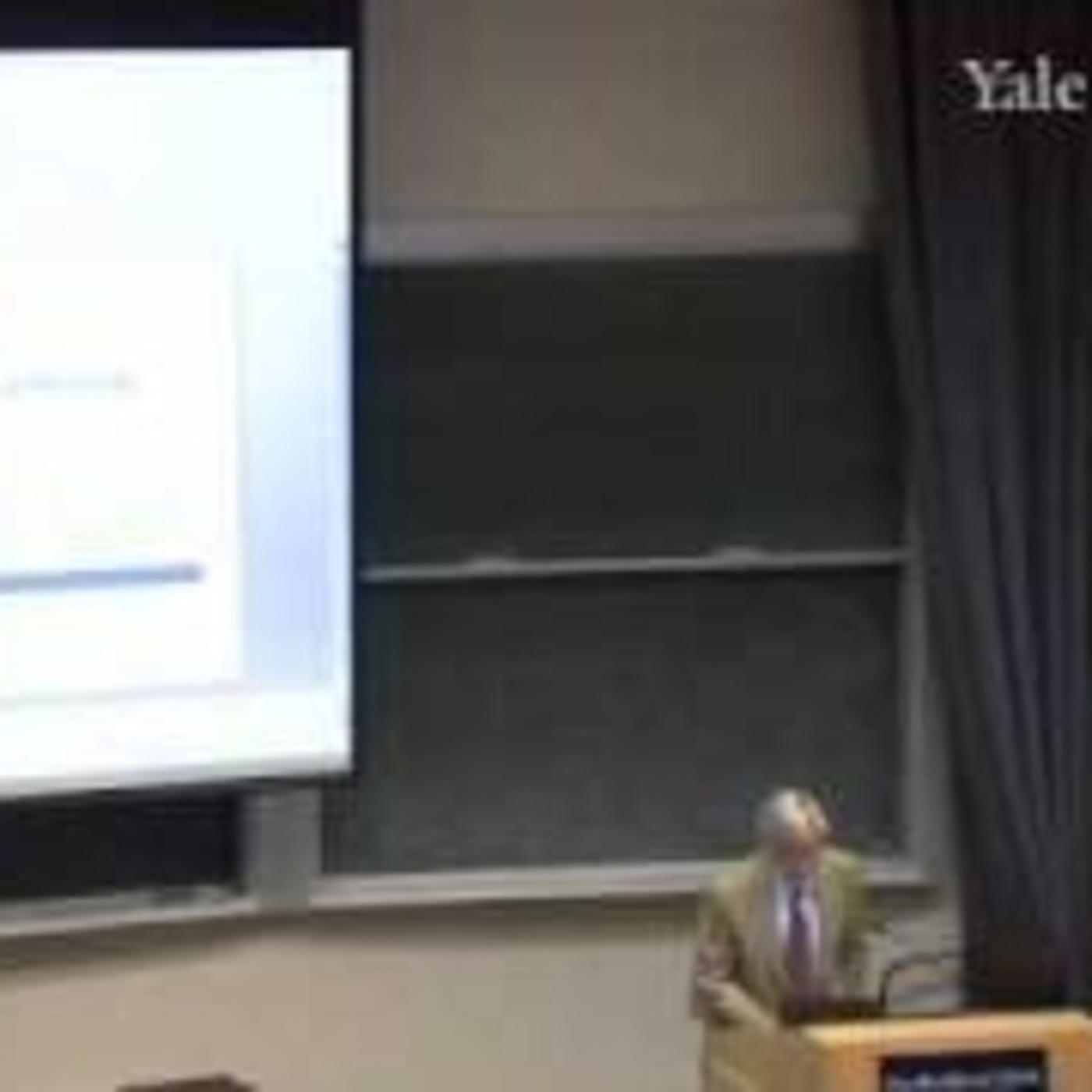 Heliocast Modern Social Theory SOCY151B07 Utilitarianism and Liberty, John Stuart Mill.Foundations of Modern Social Thought (SOCY 151)
Adam Smith's ideas about self-interest should be understood as a precursor in some ways to John Stuart Mill's thinking on utilitarianism. Professor Szelenyi discusses, but does not resolve, the complexities of Adam Smith's moral and ethical positions staked out in The Theory of Moral Sentiments—including a focus on sympathy—and the most widespread economic interpretation of Smith and The Wealth of Nations that he is the economist of self-interest. One way to reconcile these so-called "two Smiths" is that, as social beings, it is in our self-interest to express benevolence and sympathy toward othe...2016-09-2042 min
Heliocast Modern Social Theory SOCY151B07 Utilitarianism and Liberty, John Stuart Mill.Foundations of Modern Social Thought (SOCY 151)
Adam Smith's ideas about self-interest should be understood as a precursor in some ways to John Stuart Mill's thinking on utilitarianism. Professor Szelenyi discusses, but does not resolve, the complexities of Adam Smith's moral and ethical positions staked out in The Theory of Moral Sentiments—including a focus on sympathy—and the most widespread economic interpretation of Smith and The Wealth of Nations that he is the economist of self-interest. One way to reconcile these so-called "two Smiths" is that, as social beings, it is in our self-interest to express benevolence and sympathy toward othe...2016-09-2042 min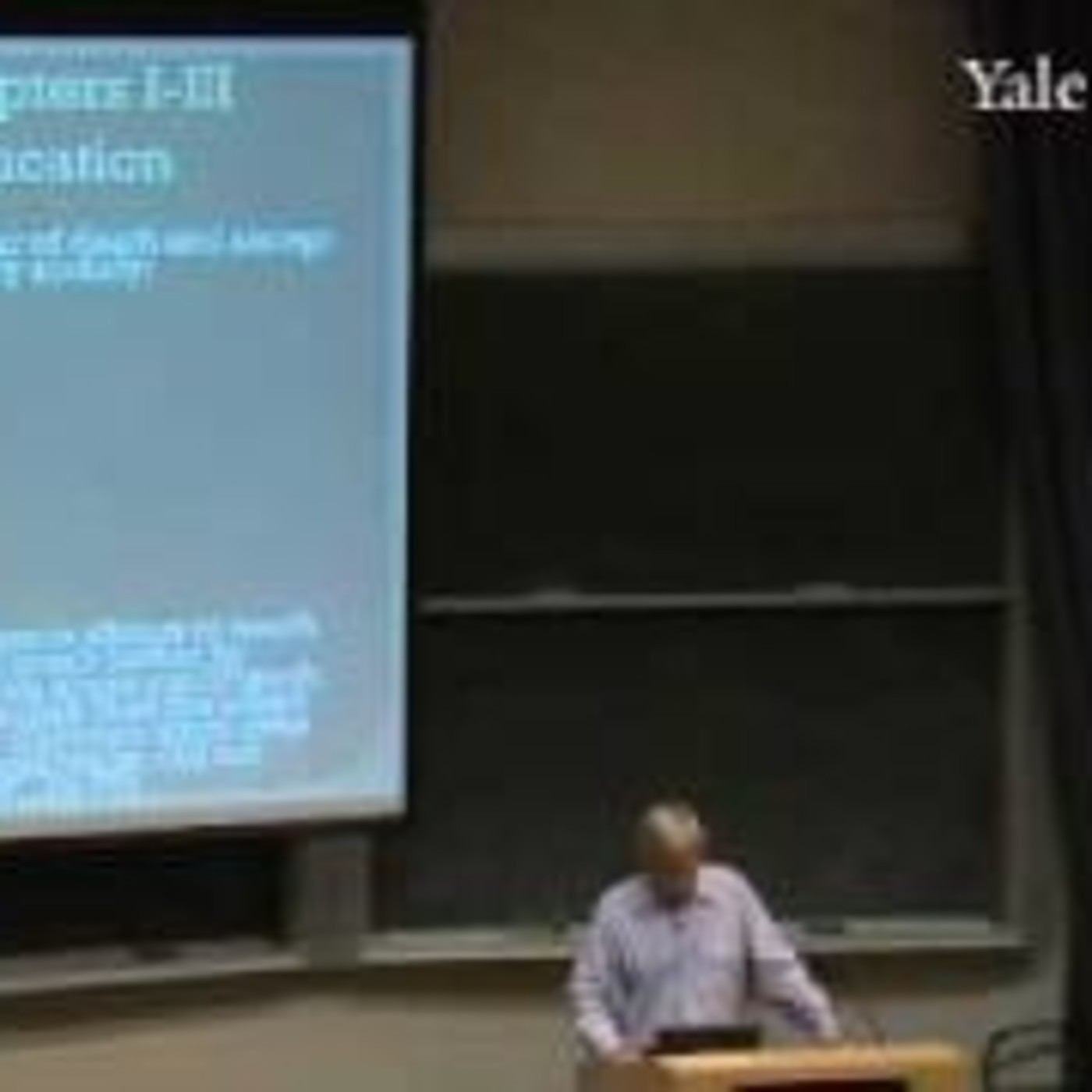 Heliocast Modern Social Theory SOCY151B06 Rousseau on State of Nature and EducationFoundations of Modern Social Thought (SOCY 151)
The general will—dangerous if taken too far—operates in many elements of our social and civic life. Immunizations that are compulsory for living in dorms serve the common good—the general will—regardless of individual will. The general will operates in society when individuals develop not only amour de soi, selfish love, but also amour propre, love of self in relation to others. Rousseau distinguished between bourgeois individuals who have amour de soi and citizens who exemplify amour propre. In addition to being a political and social thinker, Rousseau is an early and influent...2016-09-1744 min
Heliocast Modern Social Theory SOCY151B06 Rousseau on State of Nature and EducationFoundations of Modern Social Thought (SOCY 151)
The general will—dangerous if taken too far—operates in many elements of our social and civic life. Immunizations that are compulsory for living in dorms serve the common good—the general will—regardless of individual will. The general will operates in society when individuals develop not only amour de soi, selfish love, but also amour propre, love of self in relation to others. Rousseau distinguished between bourgeois individuals who have amour de soi and citizens who exemplify amour propre. In addition to being a political and social thinker, Rousseau is an early and influent...2016-09-1744 min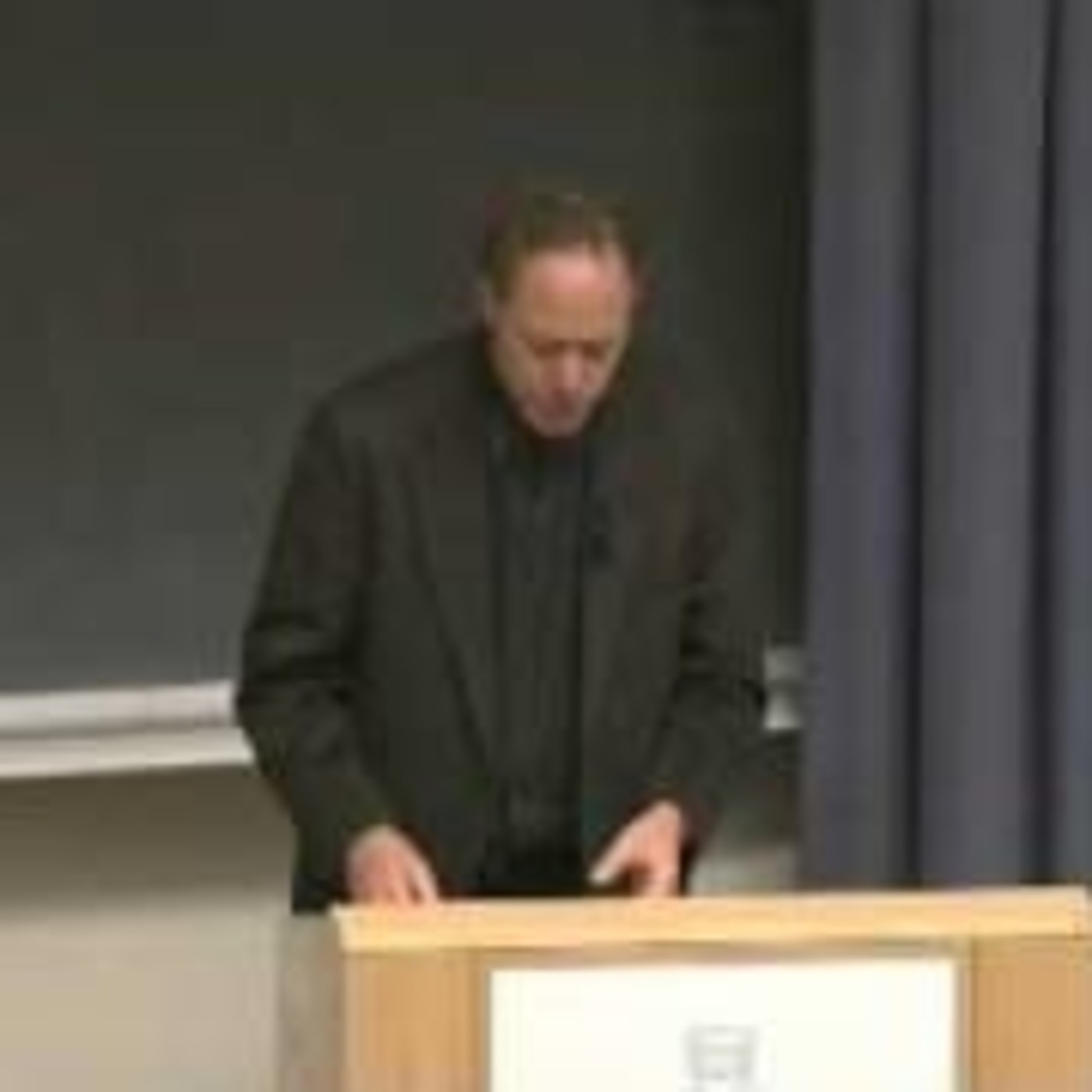 Heliocast Political Philosophy PLSC114A24 In Defense of PoliticsIntroduction to Political Philosophy (PLSC 114)
This final lecture of the course is given "in defense of politics." First, the idea and definition of "politics" and the "political" are discussed with reference to the ideas of Immanuel Kant and twentieth-century political scientists, novelists, and philosophers such as Bernard Crick, E. M. Forster, and Carl Schmitt. Patriotism, nationalism, and cosmopolitanism are also addressed as integral parts of political life. Finally, the role of educators--and "old books"--is discussed as essential to developing a proper understanding of the political.
00:00 - Chapter 1. Bernard Crick: "In Defense of Politics"
03:55 - Chapter 2. E. M. Forster: PatriotIsm...2016-09-0239 min
Heliocast Political Philosophy PLSC114A24 In Defense of PoliticsIntroduction to Political Philosophy (PLSC 114)
This final lecture of the course is given "in defense of politics." First, the idea and definition of "politics" and the "political" are discussed with reference to the ideas of Immanuel Kant and twentieth-century political scientists, novelists, and philosophers such as Bernard Crick, E. M. Forster, and Carl Schmitt. Patriotism, nationalism, and cosmopolitanism are also addressed as integral parts of political life. Finally, the role of educators--and "old books"--is discussed as essential to developing a proper understanding of the political.
00:00 - Chapter 1. Bernard Crick: "In Defense of Politics"
03:55 - Chapter 2. E. M. Forster: PatriotIsm...2016-09-0239 min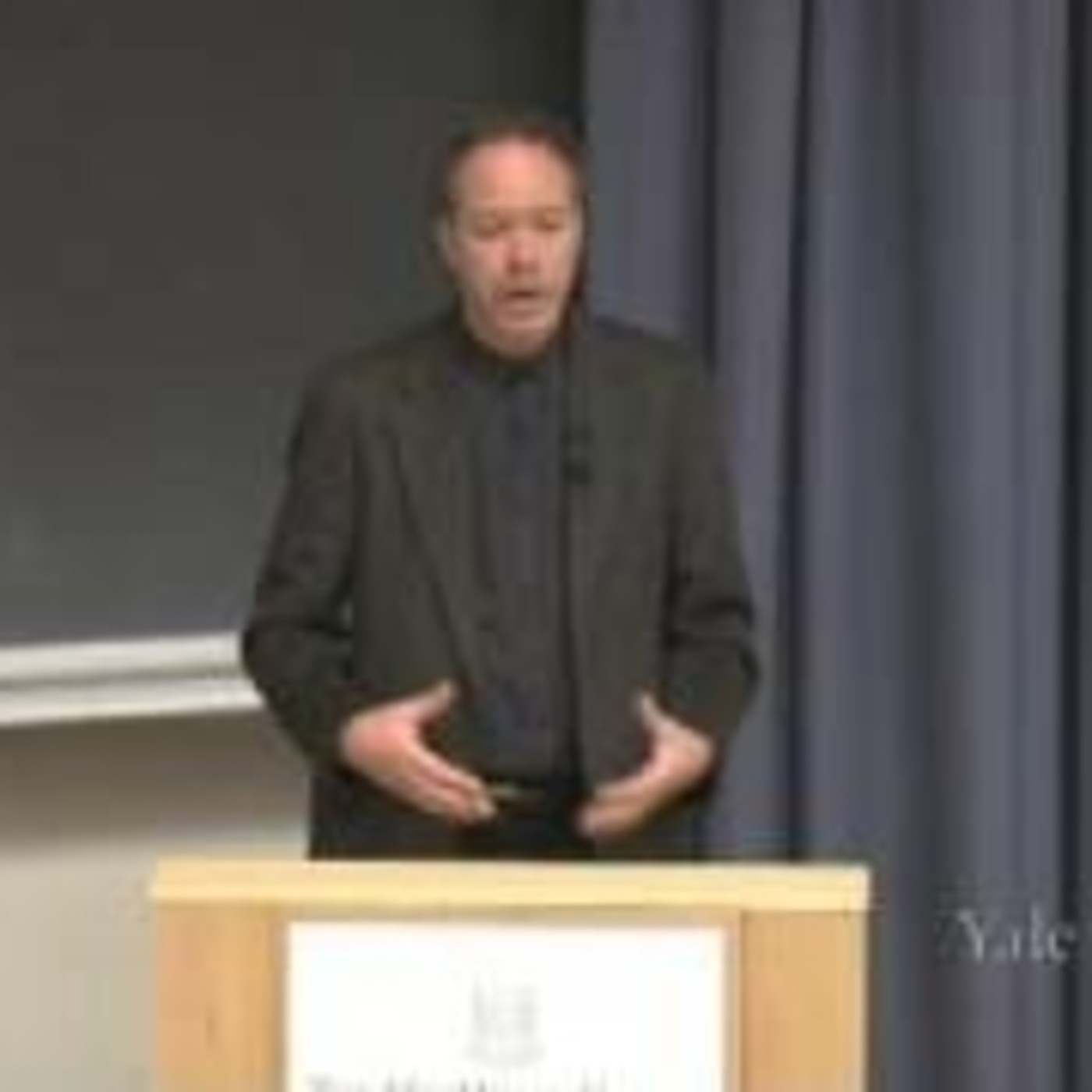 Heliocast Political Philosophy PLSC114A23 Democratic Statecraft- Tocqueville's Democracy in AmericaIntroduction to Political Philosophy (PLSC 114)
Professor Smith discusses the moral and psychological components of the democratic state in the context of Tocqueville's Democracy in America. He goes on to explore the institutional development of the democratic state, the qualities of the democratic individual, and the psychological determinants of the democratic character. The ethic of self-interest is addressed, understood as an antidote to an ethic of fame and glory. Finally, Tocqueville is presented as a political educator and his views on the role of statesmen in a democratic age are expounded.
00:00 - Chapter 1. Moral and Psychological Features of the Democratic State
04:32...2016-08-3150 min
Heliocast Political Philosophy PLSC114A23 Democratic Statecraft- Tocqueville's Democracy in AmericaIntroduction to Political Philosophy (PLSC 114)
Professor Smith discusses the moral and psychological components of the democratic state in the context of Tocqueville's Democracy in America. He goes on to explore the institutional development of the democratic state, the qualities of the democratic individual, and the psychological determinants of the democratic character. The ethic of self-interest is addressed, understood as an antidote to an ethic of fame and glory. Finally, Tocqueville is presented as a political educator and his views on the role of statesmen in a democratic age are expounded.
00:00 - Chapter 1. Moral and Psychological Features of the Democratic State
04:32...2016-08-3150 min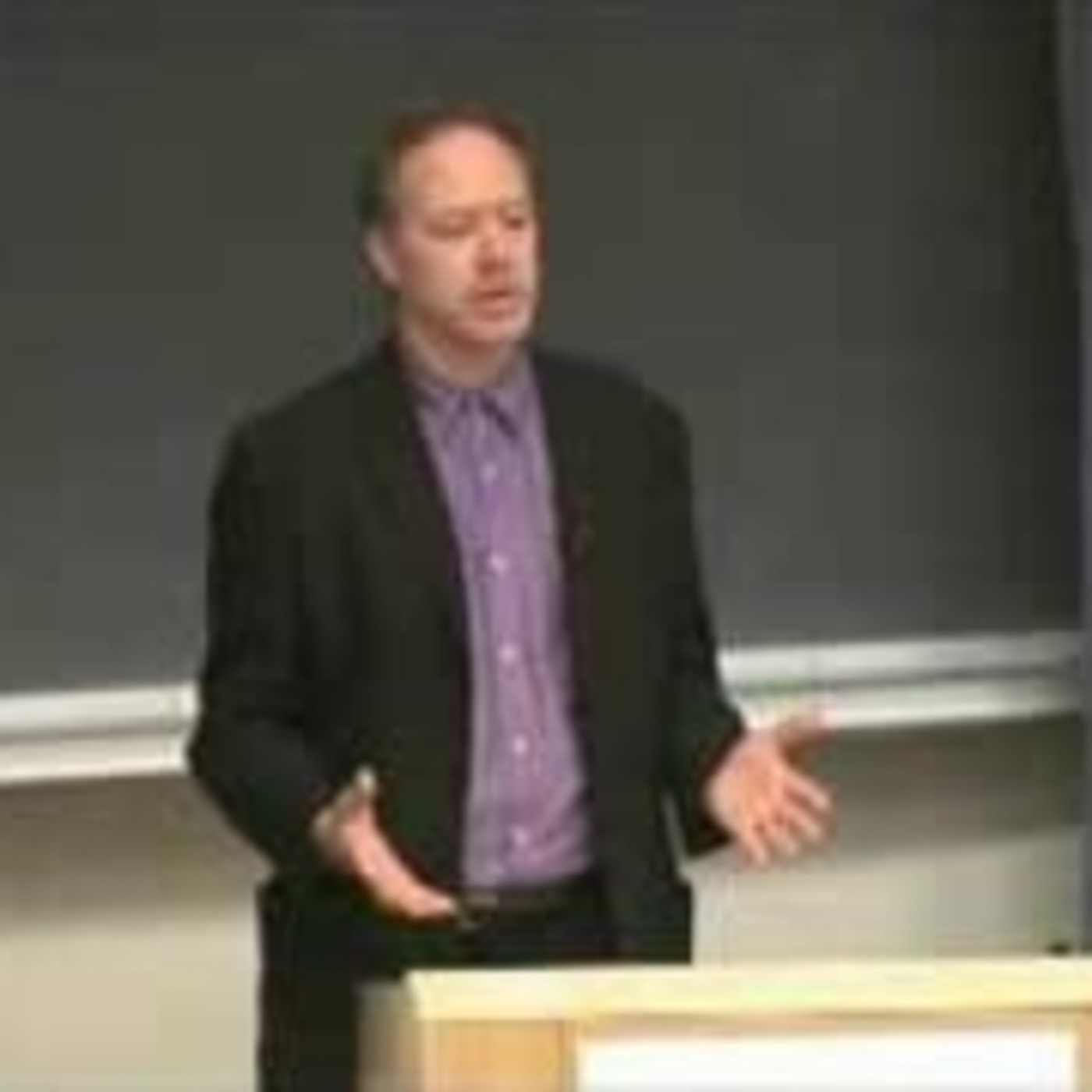 Heliocast Political Philosophy PLSC114A21 Democratic Statecraft- Tocqueville's Democracy in AmericaIntroduction to Political Philosophy (PLSC 114)
With the emergence of democracies in Europe and the New World at the beginning of the nineteenth century, political philosophers began to re-evaluate the relationship between freedom and equality. Tocqueville, in particular, saw the creation of new forms of social power that presented threats to human liberty. His most famous work, Democracy in America, was written for his French countrymen who were still devoted to the restoration of the monarchy and whom Tocqueville wanted to convince that the democratic social revolution he had witnessed in America was equally representative of France's future.
00:00 - Chapter 1. Tocqueville's...2016-08-2642 min
Heliocast Political Philosophy PLSC114A21 Democratic Statecraft- Tocqueville's Democracy in AmericaIntroduction to Political Philosophy (PLSC 114)
With the emergence of democracies in Europe and the New World at the beginning of the nineteenth century, political philosophers began to re-evaluate the relationship between freedom and equality. Tocqueville, in particular, saw the creation of new forms of social power that presented threats to human liberty. His most famous work, Democracy in America, was written for his French countrymen who were still devoted to the restoration of the monarchy and whom Tocqueville wanted to convince that the democratic social revolution he had witnessed in America was equally representative of France's future.
00:00 - Chapter 1. Tocqueville's...2016-08-2642 min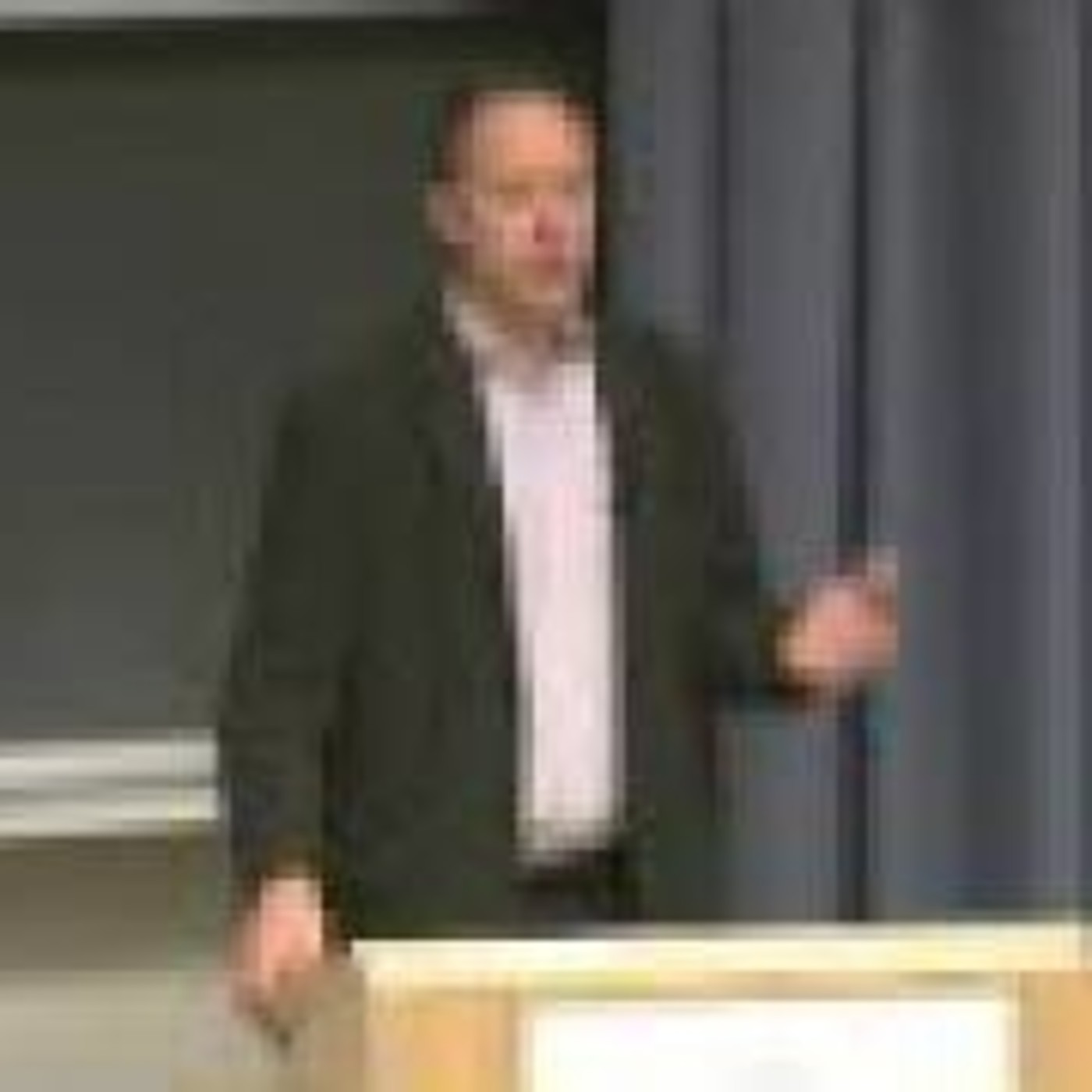 Heliocast Political Philosophy PLSC114A20 Democracy and Participation: Rousseau's Social ContractIntroduction to Political Philosophy (PLSC 114)
The concept of "general will" is considered Rousseau's most important contribution to political science. It is presented as the answer to the gravest problems of civilization, namely, the problems of inequality, amour-propre, and general discontent. The social contract is the foundation of the general will and the answer to the problem of natural freedom, because nature itself provides no guidelines for determining who should rule. The lecture ends with Rousseau's legacy and the influence he exercised on later nineteenth-century writers and philosophers.
00:00 - Chapter 1. Introduction: Social Contract and the General Will
25:04 - Chapter 2. Applications of...2016-08-2440 min
Heliocast Political Philosophy PLSC114A20 Democracy and Participation: Rousseau's Social ContractIntroduction to Political Philosophy (PLSC 114)
The concept of "general will" is considered Rousseau's most important contribution to political science. It is presented as the answer to the gravest problems of civilization, namely, the problems of inequality, amour-propre, and general discontent. The social contract is the foundation of the general will and the answer to the problem of natural freedom, because nature itself provides no guidelines for determining who should rule. The lecture ends with Rousseau's legacy and the influence he exercised on later nineteenth-century writers and philosophers.
00:00 - Chapter 1. Introduction: Social Contract and the General Will
25:04 - Chapter 2. Applications of...2016-08-2440 min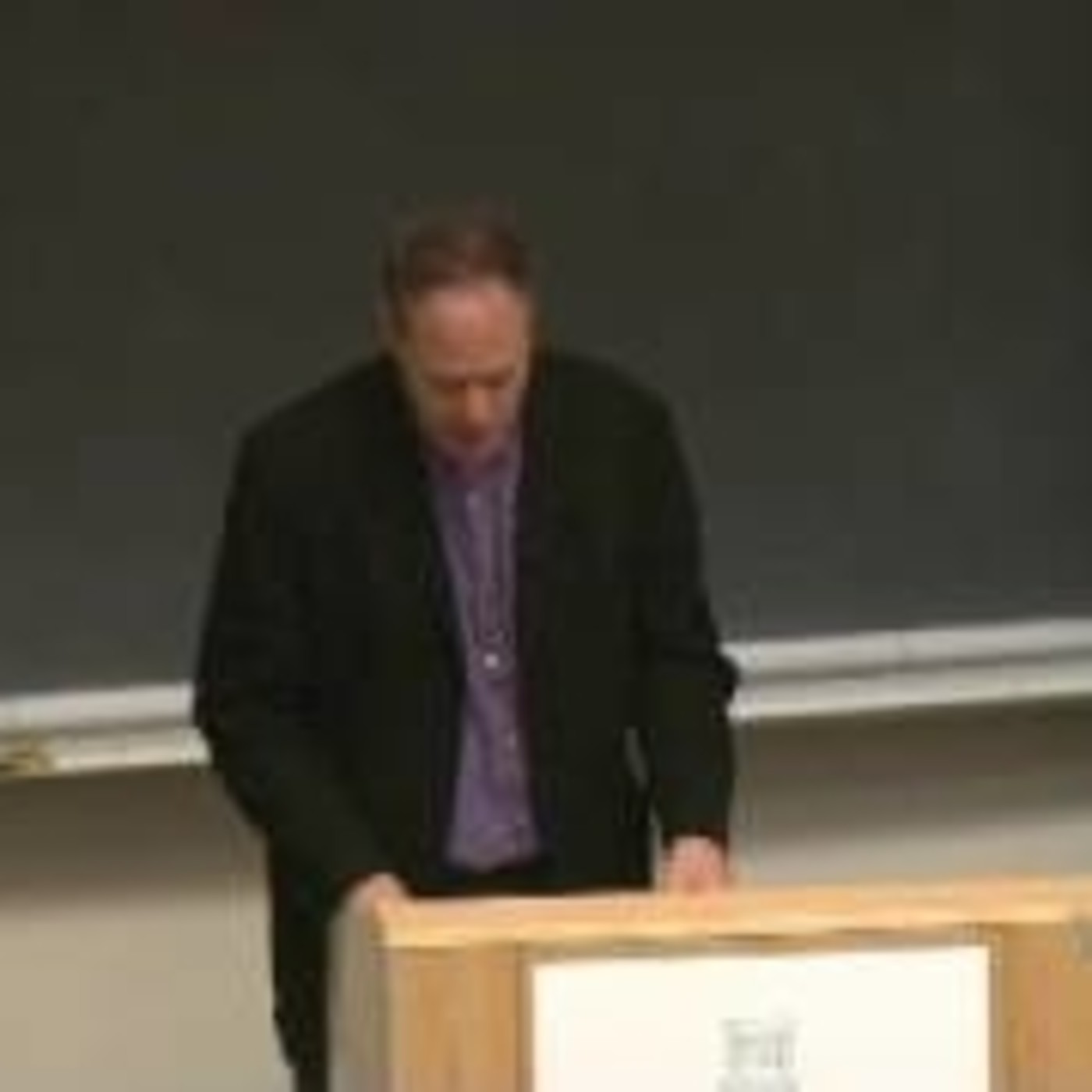 Heliocast Political Philosophy PLSC114A19 Democracy and Participation: Rousseau's DiscourseIntroduction to Political Philosophy (PLSC 114)
The discussion on the origins of inequality in the Second Discourse continues. This lecture focuses on amour-propre, a faculty or a disposition that is related to a range of psychological characteristics such as pride, vanity, and conceit. The Social Contract is subsequently discussed with an emphasis on the concept of freedom and how one's desire to preserve one's freedom is often in conflict with that of others to protect and defend their own. General will becomes Rousseau's solution to the problem of securing individual liberty.
00:00 - Chapter 1. "Amour-Propre": The Most Durable Cause of Inequality
20:15...2016-08-2441 min
Heliocast Political Philosophy PLSC114A19 Democracy and Participation: Rousseau's DiscourseIntroduction to Political Philosophy (PLSC 114)
The discussion on the origins of inequality in the Second Discourse continues. This lecture focuses on amour-propre, a faculty or a disposition that is related to a range of psychological characteristics such as pride, vanity, and conceit. The Social Contract is subsequently discussed with an emphasis on the concept of freedom and how one's desire to preserve one's freedom is often in conflict with that of others to protect and defend their own. General will becomes Rousseau's solution to the problem of securing individual liberty.
00:00 - Chapter 1. "Amour-Propre": The Most Durable Cause of Inequality
20:15...2016-08-2441 min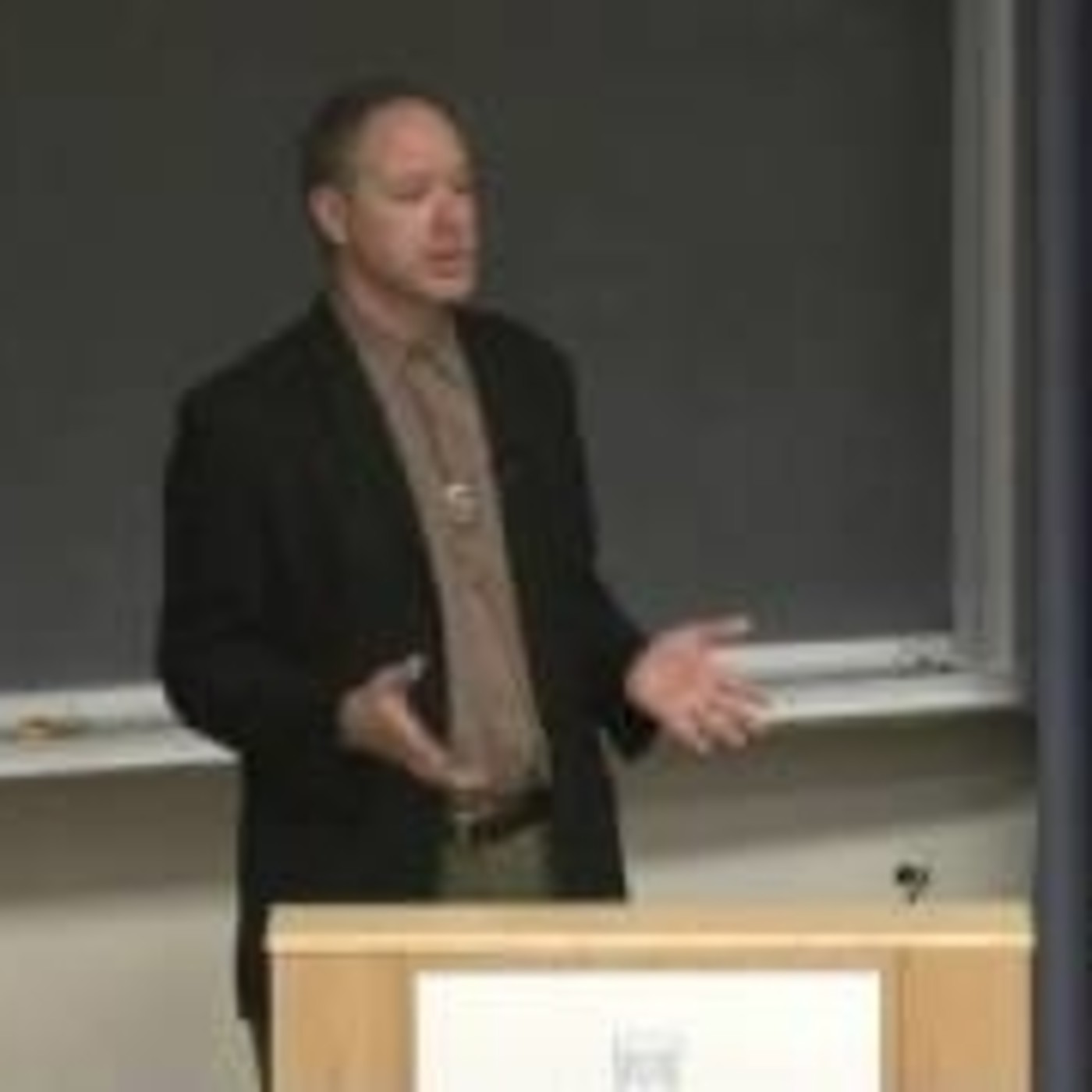 Heliocast Political Philosophy PLSC114A18 Democracy and Participation: Rousseau's DiscourseIntroduction to Political Philosophy (PLSC 114)
This lecture is an introduction to the life and works of Rousseau, as well as the historical and political events in France after the death of Louis XIV. Writing in a variety of genres and disciplines, Rousseau helped bring to fruition the political and intellectual movement known as the Enlightenment. Among his most important works is the Second Discourse (Discourse on Inequality), in which Rousseau traces the origins of inequality and addresses the effects of time and history on humans. He goes on to discuss a number of qualities, such as perfectibility, compassion, sensitivity, and...2016-08-2443 min
Heliocast Political Philosophy PLSC114A18 Democracy and Participation: Rousseau's DiscourseIntroduction to Political Philosophy (PLSC 114)
This lecture is an introduction to the life and works of Rousseau, as well as the historical and political events in France after the death of Louis XIV. Writing in a variety of genres and disciplines, Rousseau helped bring to fruition the political and intellectual movement known as the Enlightenment. Among his most important works is the Second Discourse (Discourse on Inequality), in which Rousseau traces the origins of inequality and addresses the effects of time and history on humans. He goes on to discuss a number of qualities, such as perfectibility, compassion, sensitivity, and...2016-08-2443 min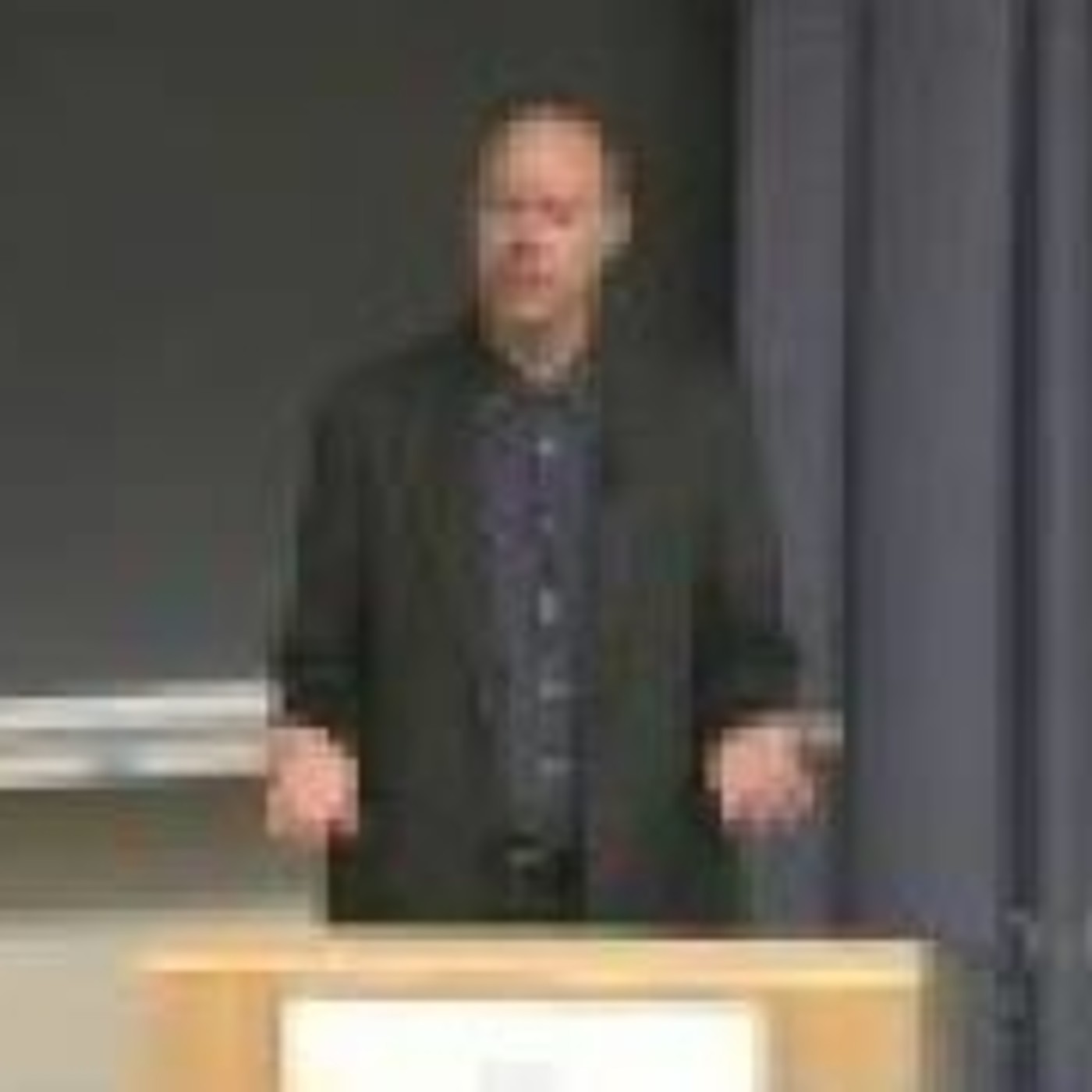 Heliocast Political Philosophy PLSC114A17 Constitutional Government: Locke's Second TreatiseIntroduction to Political Philosophy (PLSC 114)
In this lecture, two important issues are addressed in the context of Locke's Second Treatise. First, there is discussion on the role of the executive vis-a-vis the legislative branch of government in Locke's theory of the constitutional state. Second, Locke's political theories are related to the American regime and contemporary American political philosophy. The lecture concludes with John Rawls' book, A Theory of Justice, and how his general theory relates to Locke's political ideas.
00:00 - Chapter 1. The Role of Executive Power in Locke's Theory of Government
27:41 - Chapter 2. Contrasting Rawls' Theory of Justice with Locke's...2016-08-2345 min
Heliocast Political Philosophy PLSC114A17 Constitutional Government: Locke's Second TreatiseIntroduction to Political Philosophy (PLSC 114)
In this lecture, two important issues are addressed in the context of Locke's Second Treatise. First, there is discussion on the role of the executive vis-a-vis the legislative branch of government in Locke's theory of the constitutional state. Second, Locke's political theories are related to the American regime and contemporary American political philosophy. The lecture concludes with John Rawls' book, A Theory of Justice, and how his general theory relates to Locke's political ideas.
00:00 - Chapter 1. The Role of Executive Power in Locke's Theory of Government
27:41 - Chapter 2. Contrasting Rawls' Theory of Justice with Locke's...2016-08-2345 min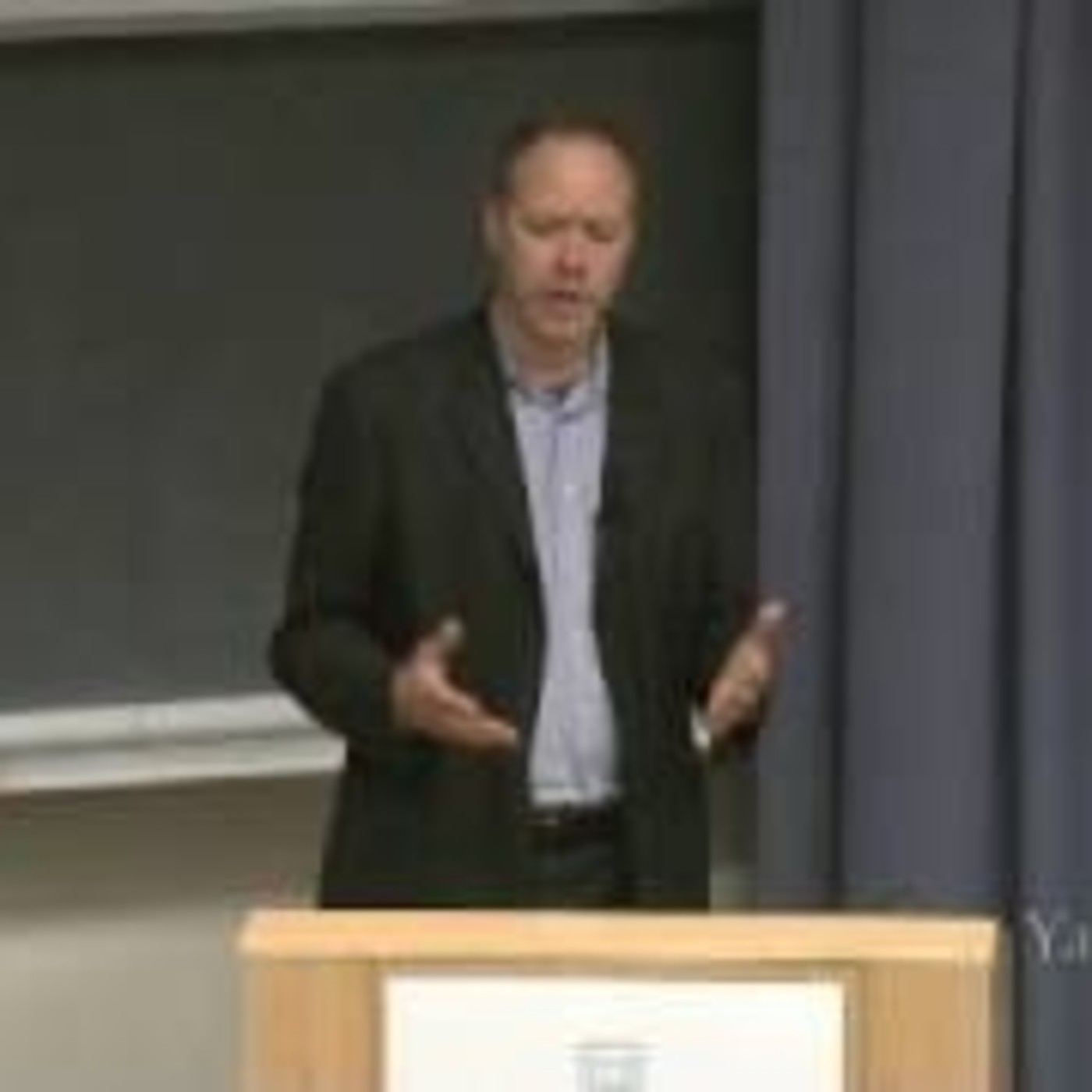 Heliocast Political Philosophy PLSC114A16 Constitutional Government: Locke's Second TreatiseIntroduction to Political Philosophy - 16. Constitutional Government: Locke's Second Treatise
Introduction to Political Philosophy (PLSC 114)
In the opening chapters of his Second Treatise, Locke "rewrites" the account of human beginnings that had belonged exclusively to Scripture. He tells the story of how humans, finding themselves in a condition of nature with no adjudicating authority, enjoy property acquired through their labor. The lecture goes on to discuss the idea of natural law, the issue of government by consent, and what may be considered Locke's most significant contribution to political philosophy: the Doctrine of Consent.
00:00 - Chapter 1. Locke and the Spirit of...2016-08-2245 min
Heliocast Political Philosophy PLSC114A16 Constitutional Government: Locke's Second TreatiseIntroduction to Political Philosophy - 16. Constitutional Government: Locke's Second Treatise
Introduction to Political Philosophy (PLSC 114)
In the opening chapters of his Second Treatise, Locke "rewrites" the account of human beginnings that had belonged exclusively to Scripture. He tells the story of how humans, finding themselves in a condition of nature with no adjudicating authority, enjoy property acquired through their labor. The lecture goes on to discuss the idea of natural law, the issue of government by consent, and what may be considered Locke's most significant contribution to political philosophy: the Doctrine of Consent.
00:00 - Chapter 1. Locke and the Spirit of...2016-08-2245 min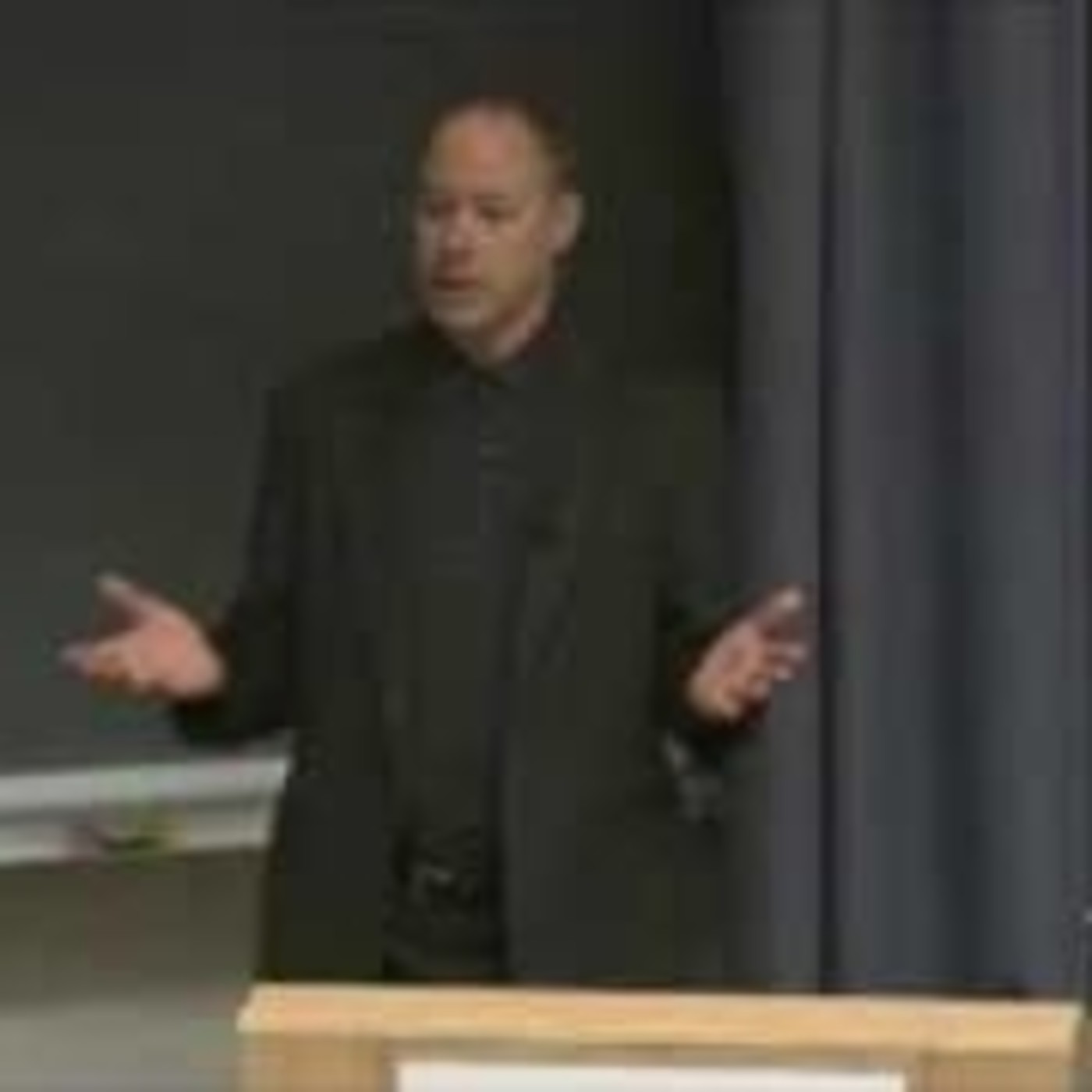 Heliocast Political Philosophy PLSC114A15 Constitutional Government: Locke's Second TreatiseIntroduction to Political Philosophy -15. Constitutional Government: Locke's Second Treatise.
youtube yalecourses
John Locke had such a profound influence on Thomas Jefferson that he may be deemed an honorary founding father of the United States. He advocated the natural equality of human beings, their natural rights to life, liberty, and property, and defined legitimate government in terms that Jefferson would later use in the Declaration of Independence. Locke's life and works are discussed, and the lecture shows how he transformed ideas previously formulated by Machiavelli and Hobbes into a more liberal constitutional theory of the state.
00:00 - Chapter 1. Who Is...2016-08-2244 min
Heliocast Political Philosophy PLSC114A15 Constitutional Government: Locke's Second TreatiseIntroduction to Political Philosophy -15. Constitutional Government: Locke's Second Treatise.
youtube yalecourses
John Locke had such a profound influence on Thomas Jefferson that he may be deemed an honorary founding father of the United States. He advocated the natural equality of human beings, their natural rights to life, liberty, and property, and defined legitimate government in terms that Jefferson would later use in the Declaration of Independence. Locke's life and works are discussed, and the lecture shows how he transformed ideas previously formulated by Machiavelli and Hobbes into a more liberal constitutional theory of the state.
00:00 - Chapter 1. Who Is...2016-08-2244 min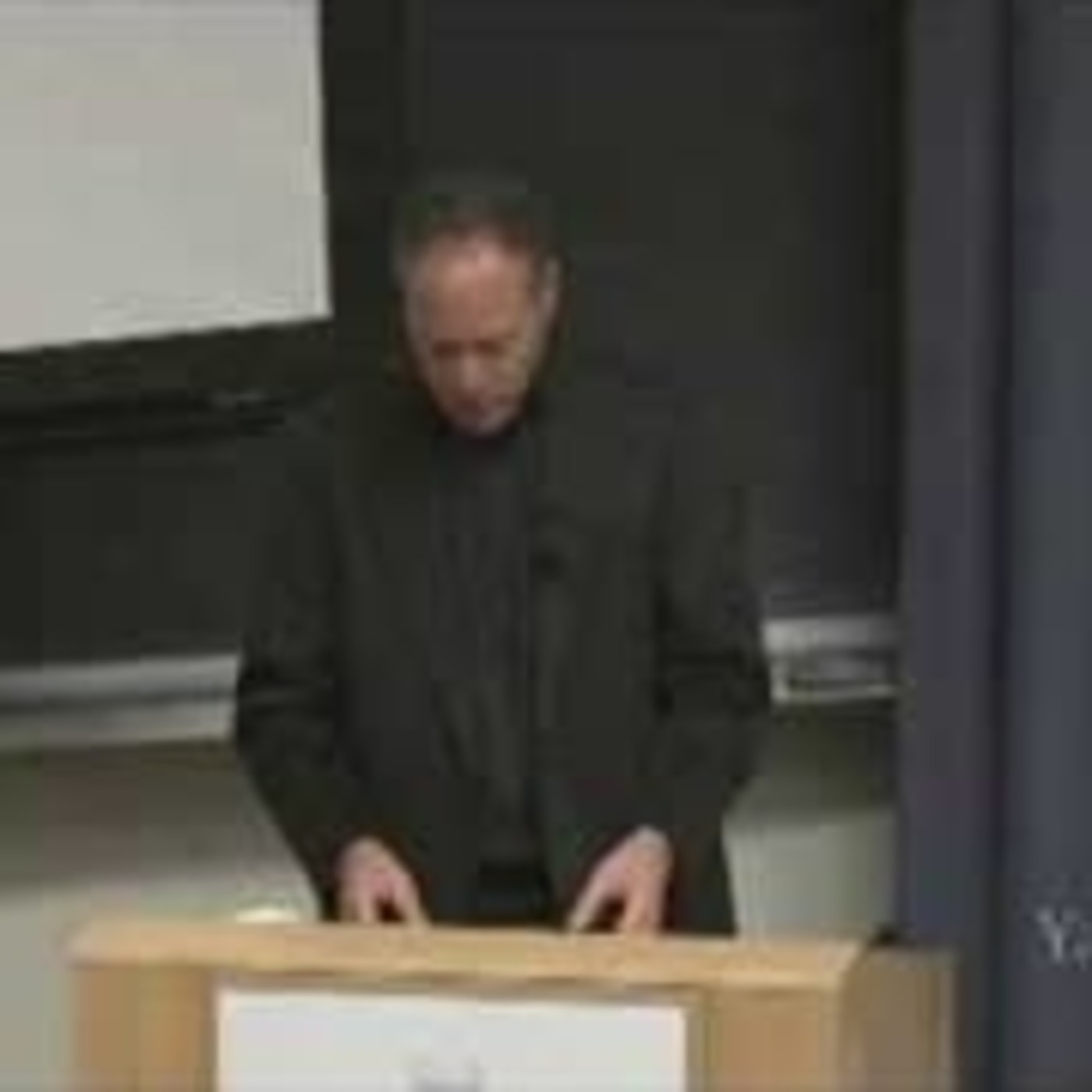 Heliocast Political Philosophy PLSC114A14 The Sovereign State: Hobbes' LeviathanIntroduction to Political Philosophy - 14. The Sovereign State: Hobbes' Leviathan
The concept of sovereignty is discussed in Hobbesian terms. For Hobbes, "the sovereign" is an office rather than a person, and can be characterized by what we have come to associate with executive power and executive authority. Hobbes' theories of laws are also addressed and the distinction he makes between "just laws" and "good laws." The lecture ends with a discussion of Hobbes' ideas in the context of the modern state.
00:00 - Chapter 1. Introduction: Hobbes' Theory of Sovereignty
06:00 - Chapter 2. The Doctrine of Legal PositivIsm: The Law Is What the...2016-08-1744 min
Heliocast Political Philosophy PLSC114A14 The Sovereign State: Hobbes' LeviathanIntroduction to Political Philosophy - 14. The Sovereign State: Hobbes' Leviathan
The concept of sovereignty is discussed in Hobbesian terms. For Hobbes, "the sovereign" is an office rather than a person, and can be characterized by what we have come to associate with executive power and executive authority. Hobbes' theories of laws are also addressed and the distinction he makes between "just laws" and "good laws." The lecture ends with a discussion of Hobbes' ideas in the context of the modern state.
00:00 - Chapter 1. Introduction: Hobbes' Theory of Sovereignty
06:00 - Chapter 2. The Doctrine of Legal PositivIsm: The Law Is What the...2016-08-1744 min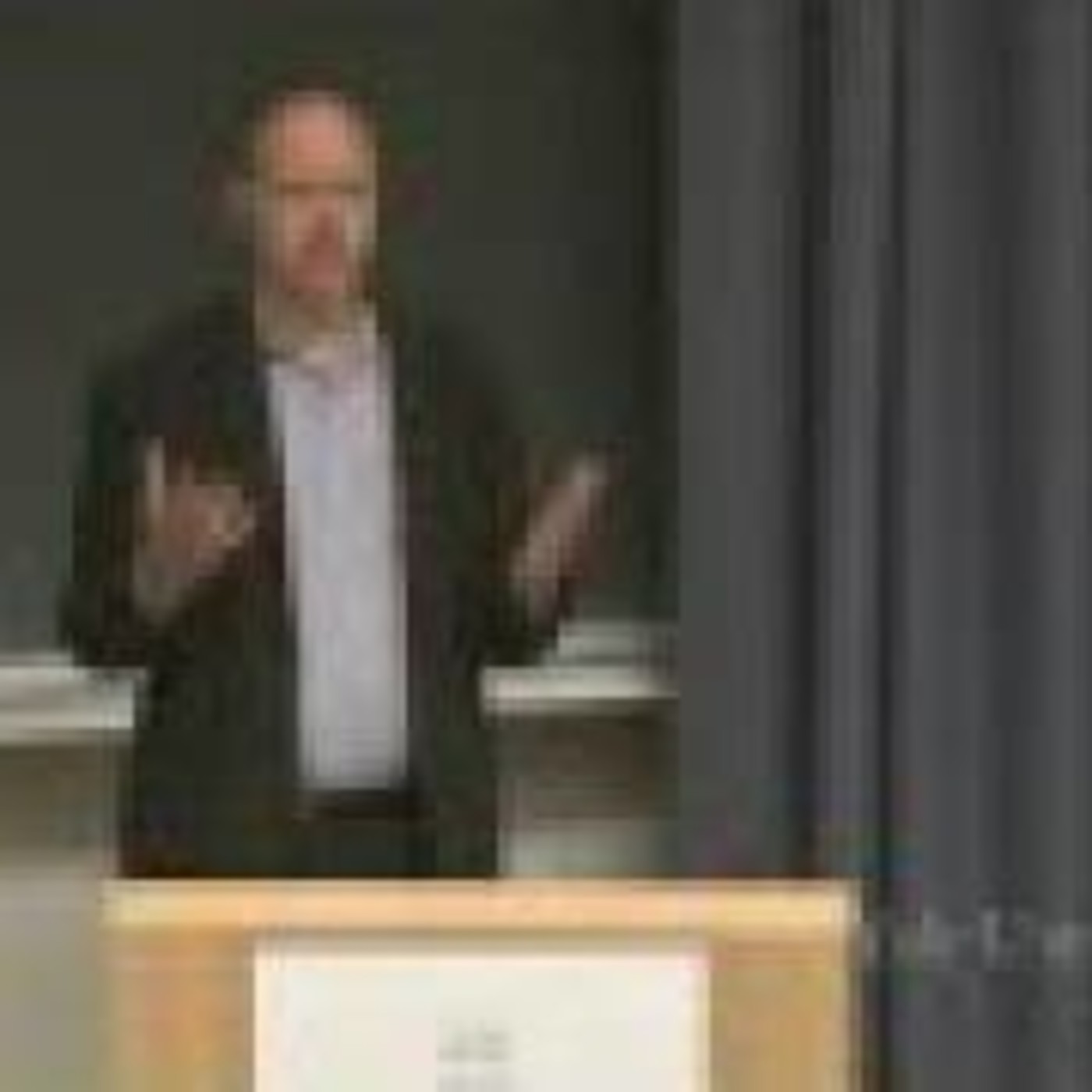 Heliocast Political Philosophy PLSC114A13 The Sovereign State: Hobbes' LeviathanIntroduction to Political Philosophy - 13. The Sovereign State: Hobbes' Leviathan
https://www.youtube.com/channel/UC4EY_qnSeAP1xGsh61eOoJA2016-08-1746 min
Heliocast Political Philosophy PLSC114A13 The Sovereign State: Hobbes' LeviathanIntroduction to Political Philosophy - 13. The Sovereign State: Hobbes' Leviathan
https://www.youtube.com/channel/UC4EY_qnSeAP1xGsh61eOoJA2016-08-1746 min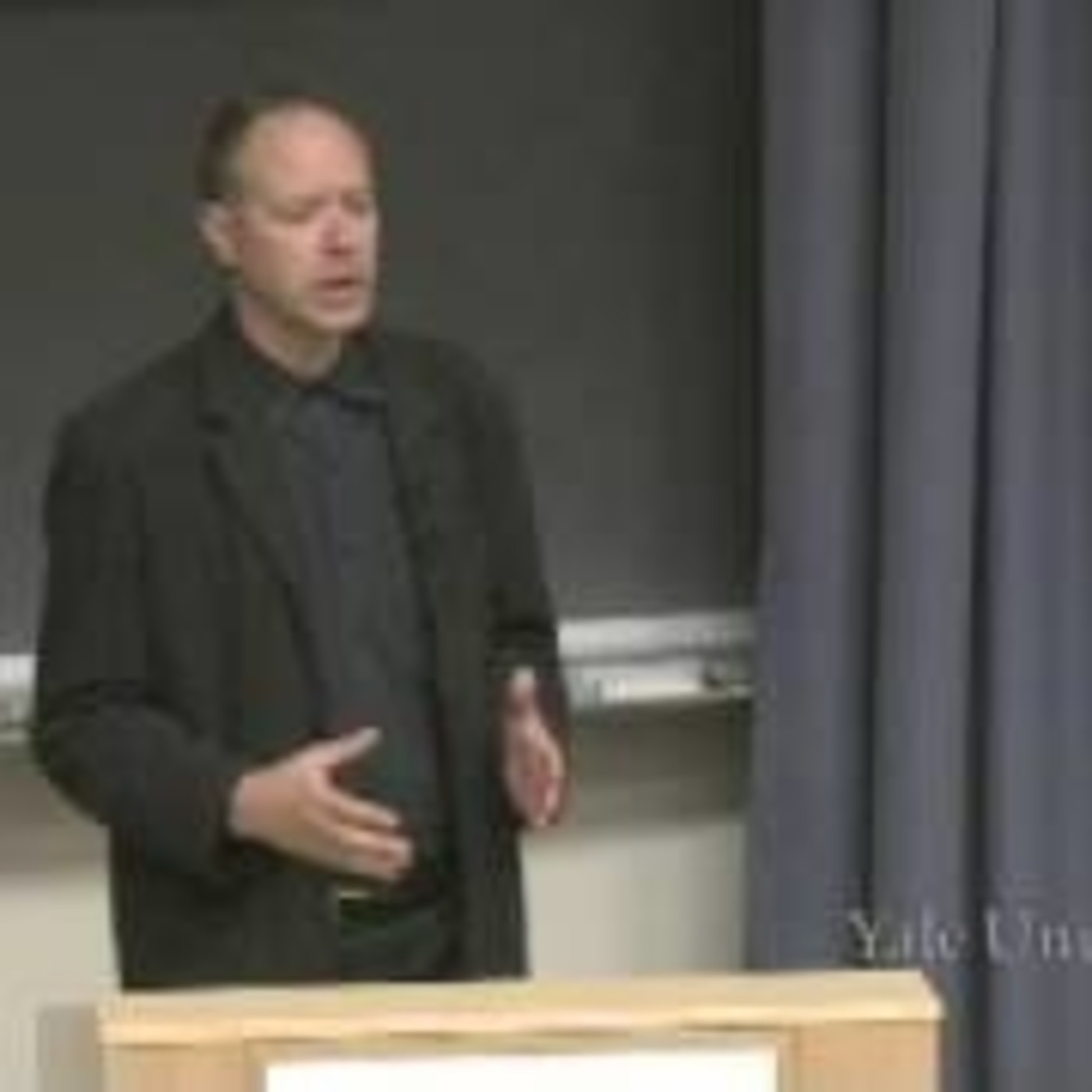 Heliocast Political Philosophy PLSC114A12 The Sovereign State: Hobbes' Leviathan12. The Sovereign State: Hobbes' Leviathan.mp3
Introduction to Political Philosophy (PLSC 114)
This is an introduction to the political views of Thomas Hobbes, which are often deemed paradoxical. On the one hand, Hobbes is a stern defender of political absolutism. The Hobbesian doctrine of sovereignty dictates complete monopoly of power within a given territory and over all institutions of civilian or ecclesiastical authority. On the other hand, Hobbes insists on the fundamental equality of human beings. He maintains that the state is a contract between individuals, that the sovereign owes his authority to the will of those he governs and is...2016-08-1745 min
Heliocast Political Philosophy PLSC114A12 The Sovereign State: Hobbes' Leviathan12. The Sovereign State: Hobbes' Leviathan.mp3
Introduction to Political Philosophy (PLSC 114)
This is an introduction to the political views of Thomas Hobbes, which are often deemed paradoxical. On the one hand, Hobbes is a stern defender of political absolutism. The Hobbesian doctrine of sovereignty dictates complete monopoly of power within a given territory and over all institutions of civilian or ecclesiastical authority. On the other hand, Hobbes insists on the fundamental equality of human beings. He maintains that the state is a contract between individuals, that the sovereign owes his authority to the will of those he governs and is...2016-08-1745 min